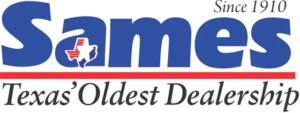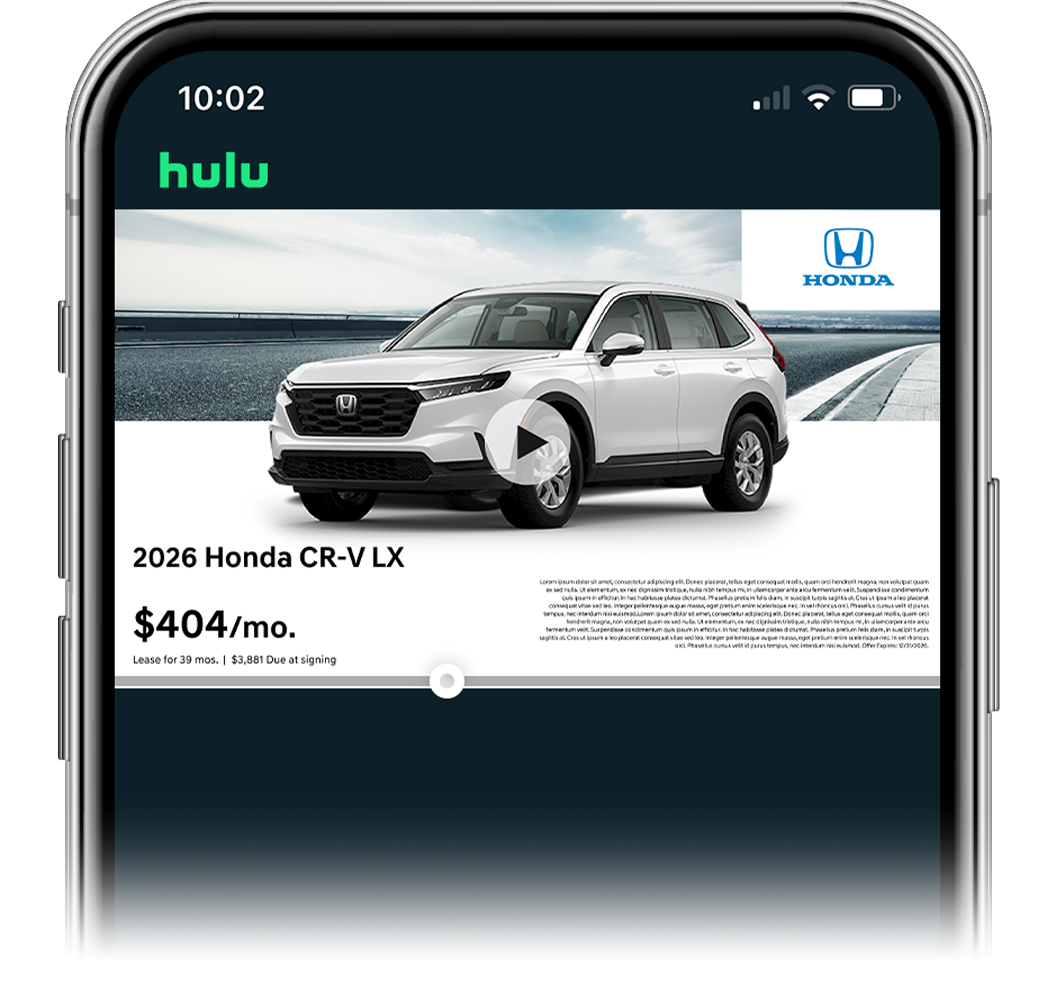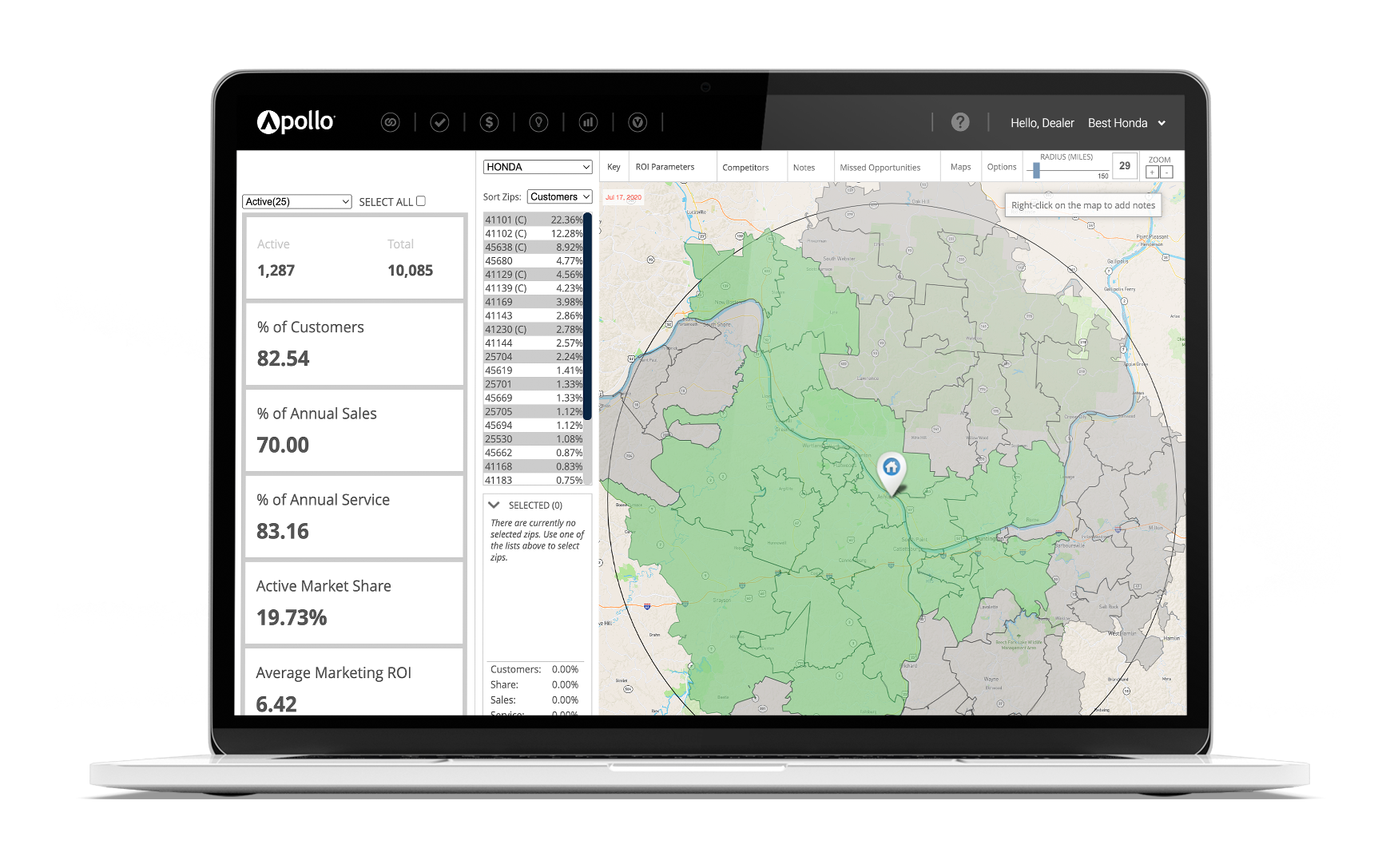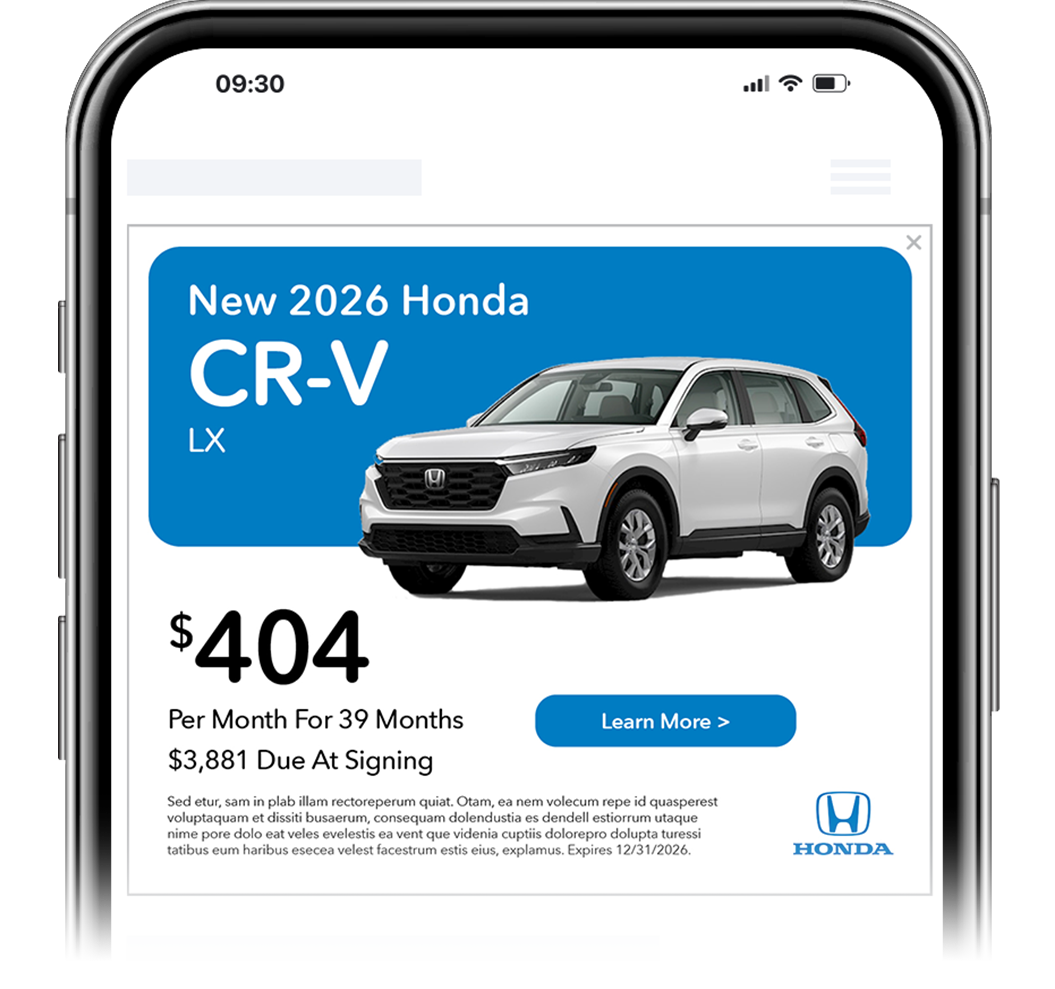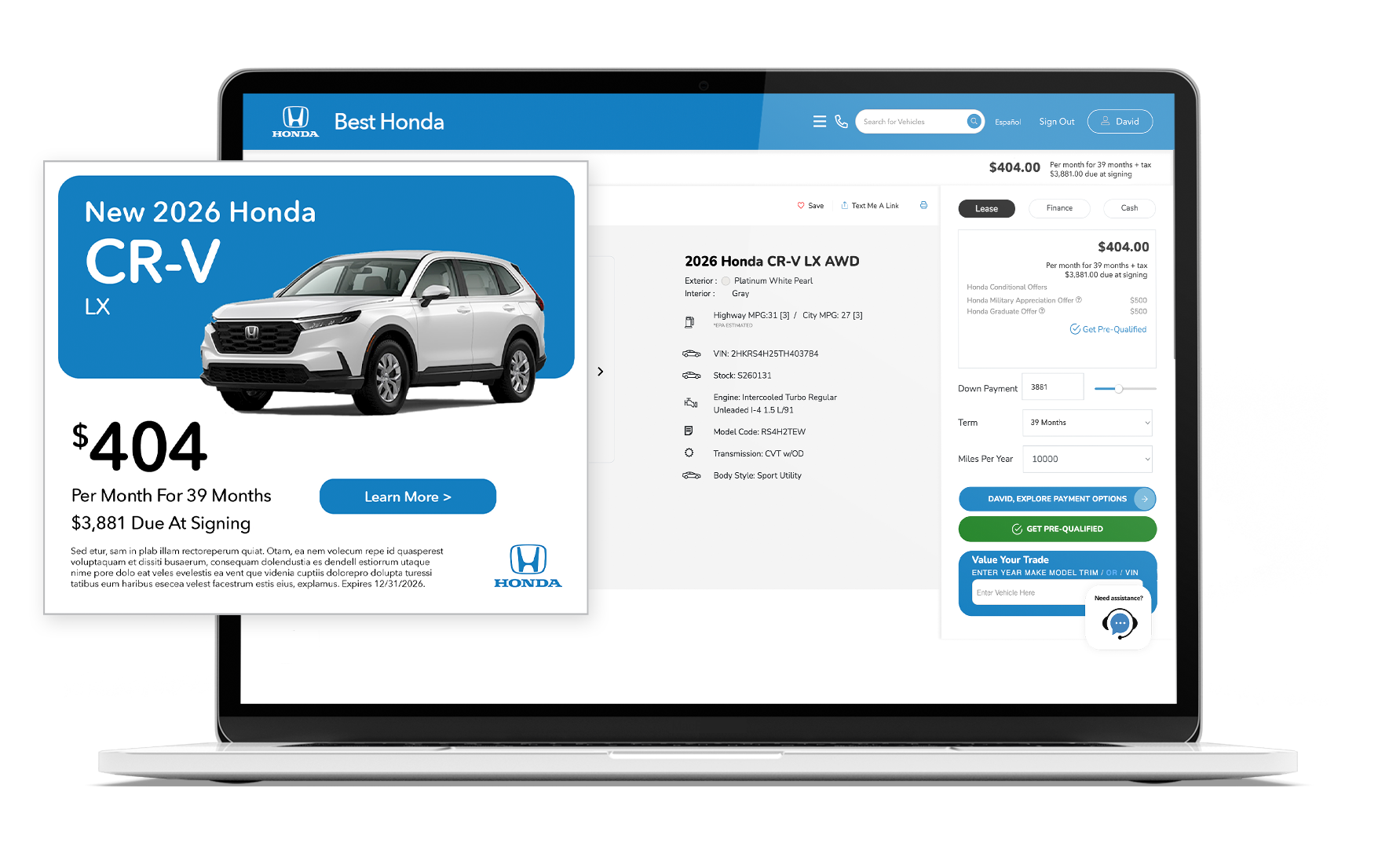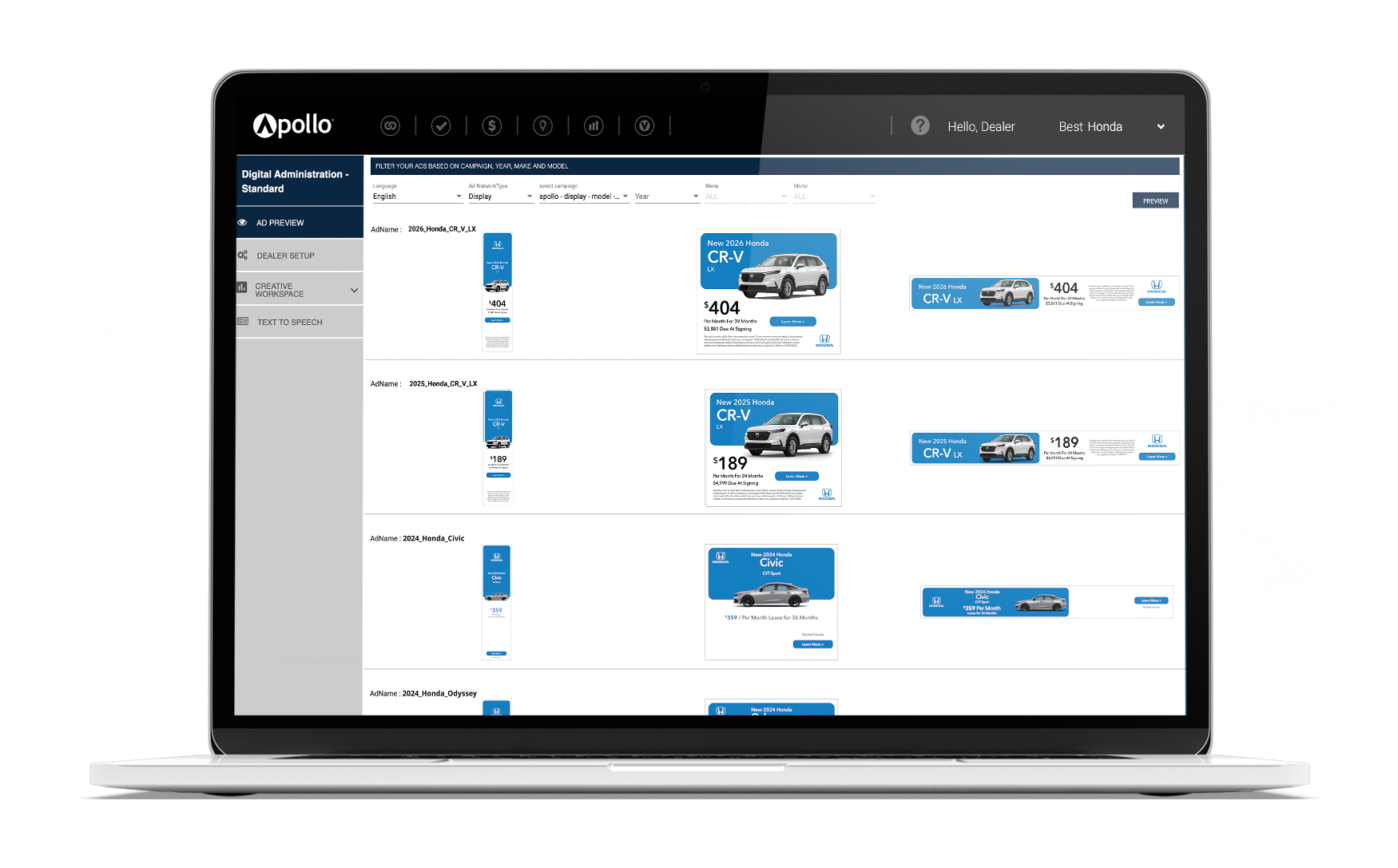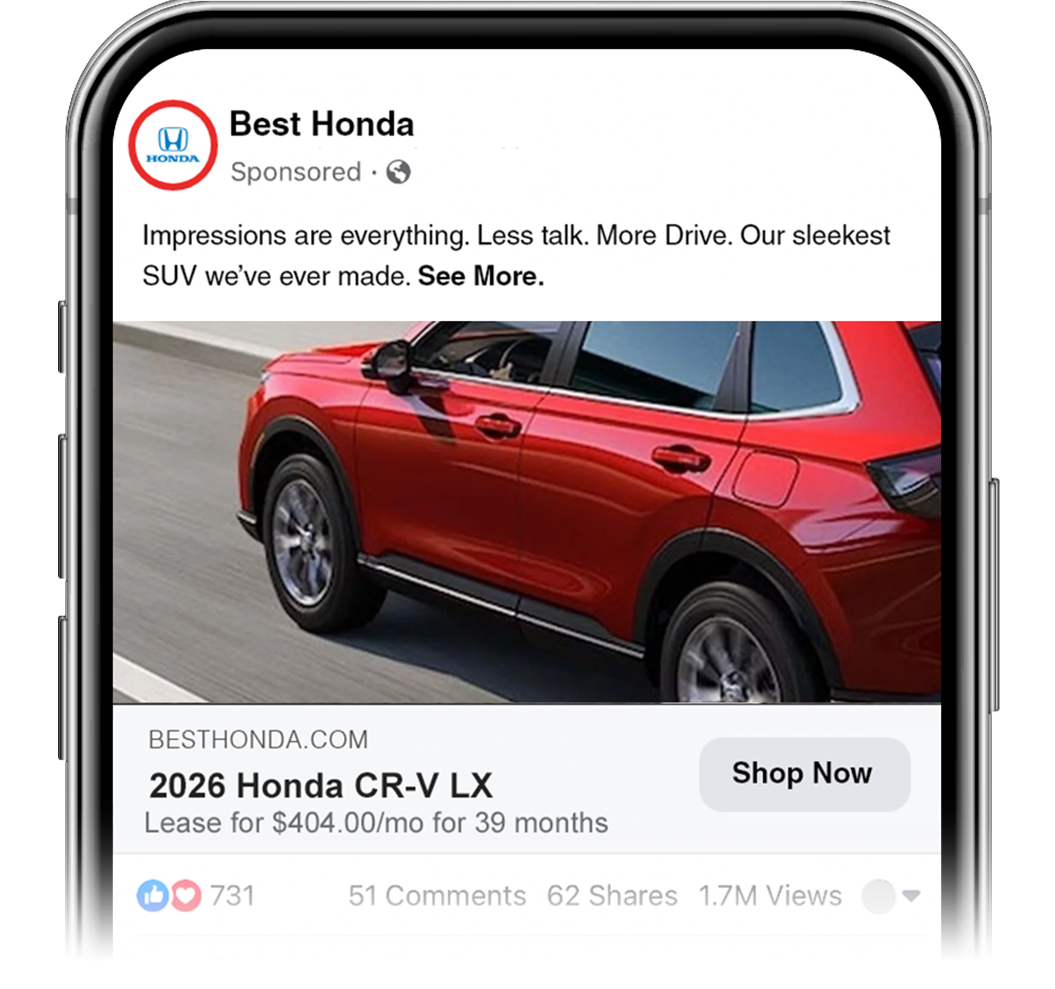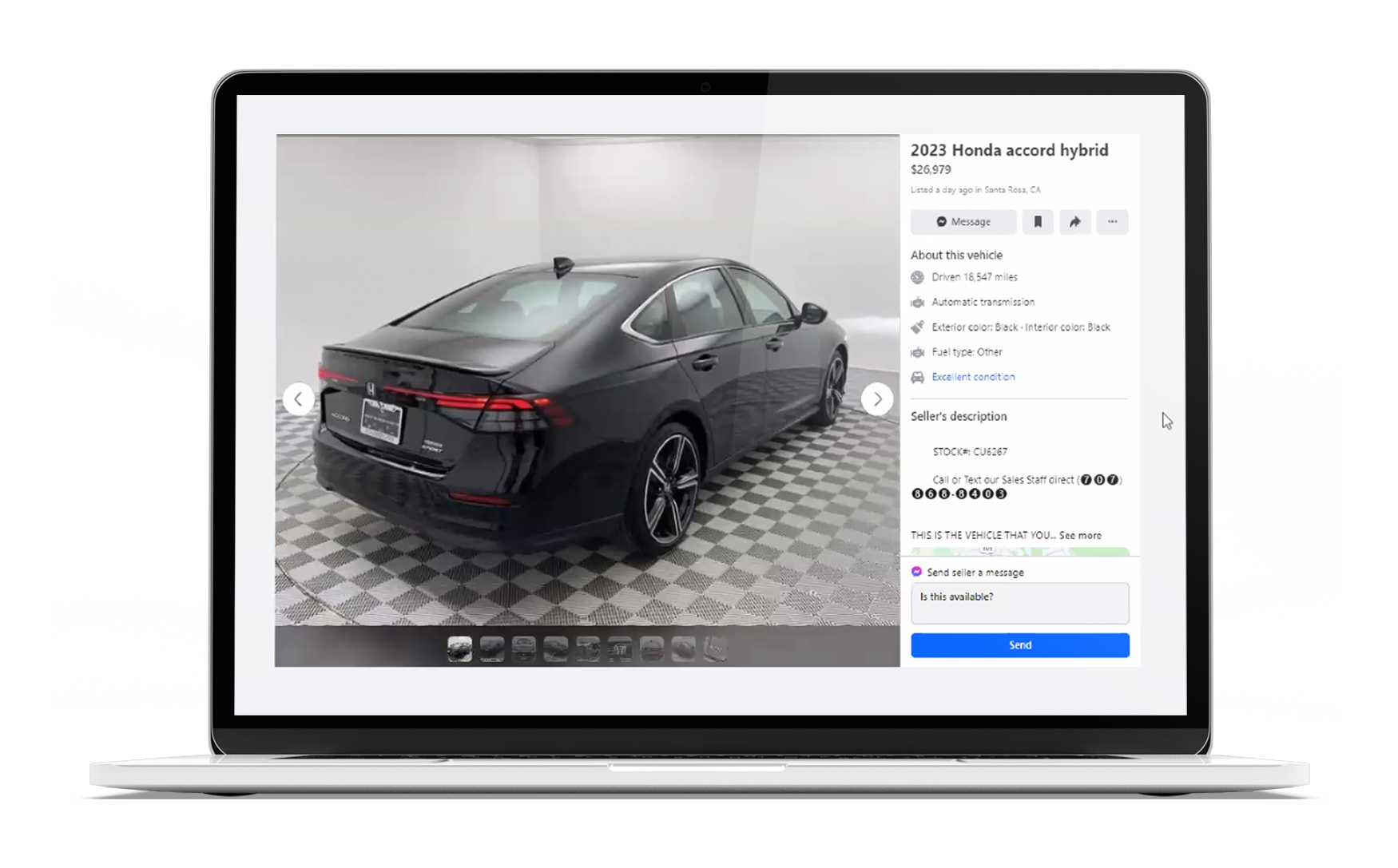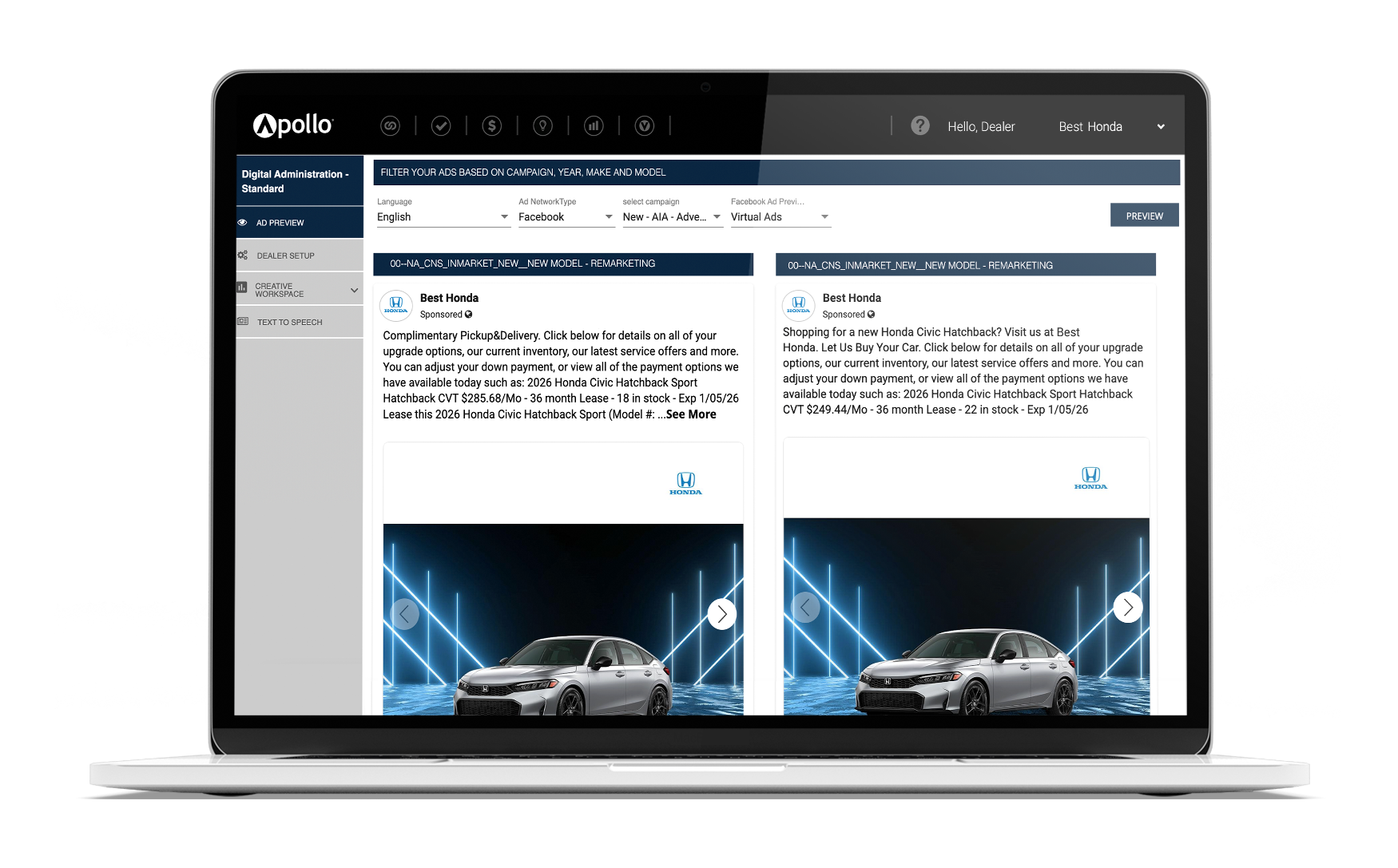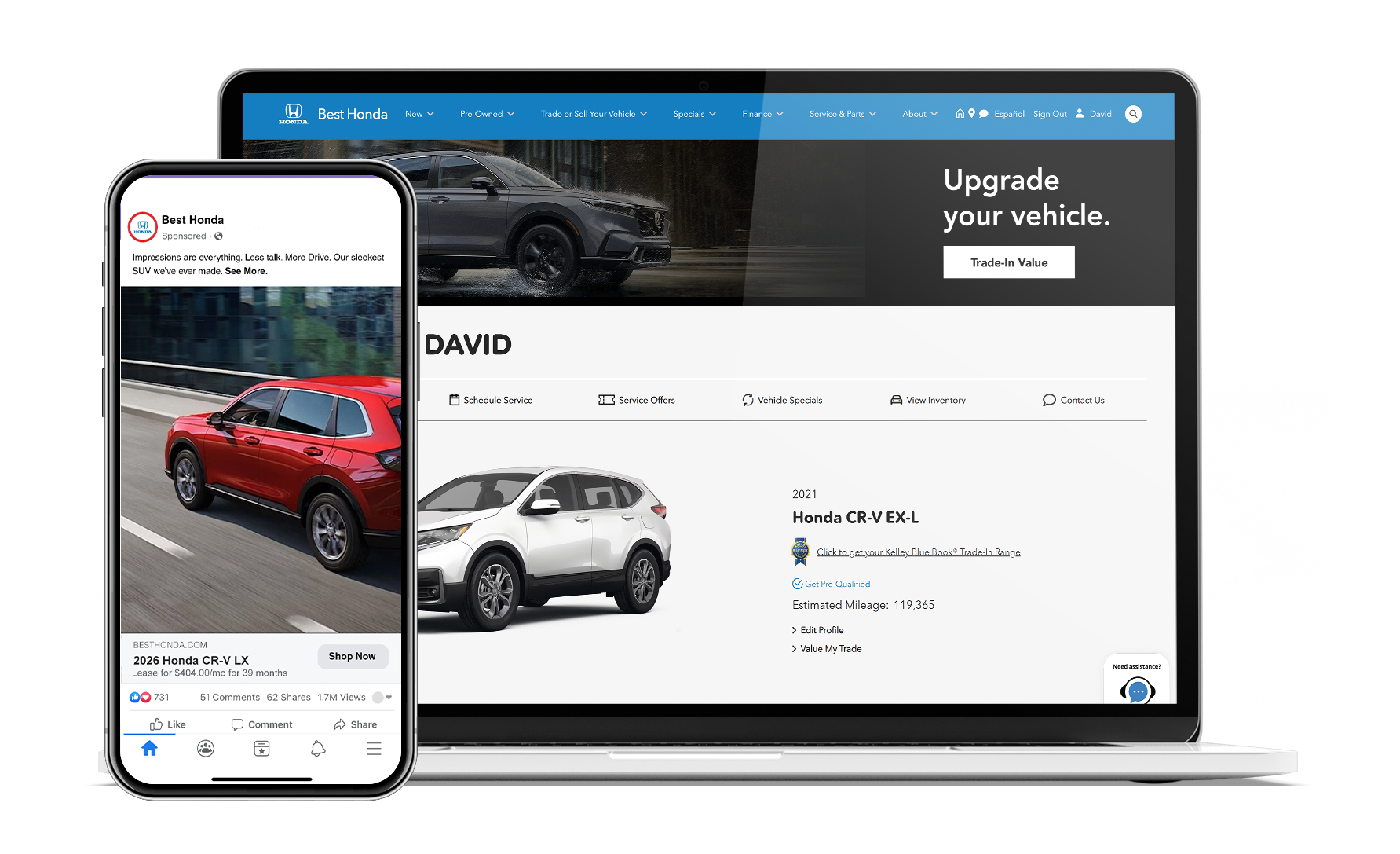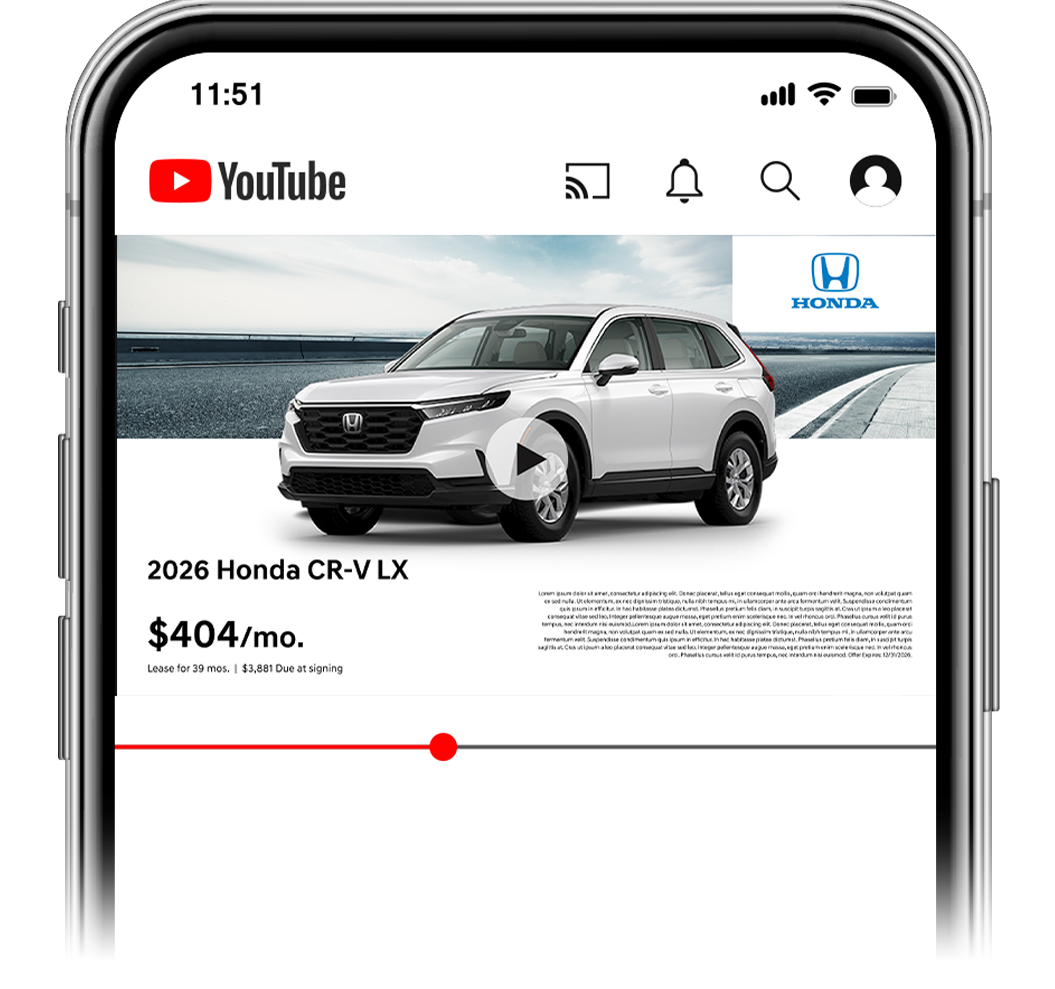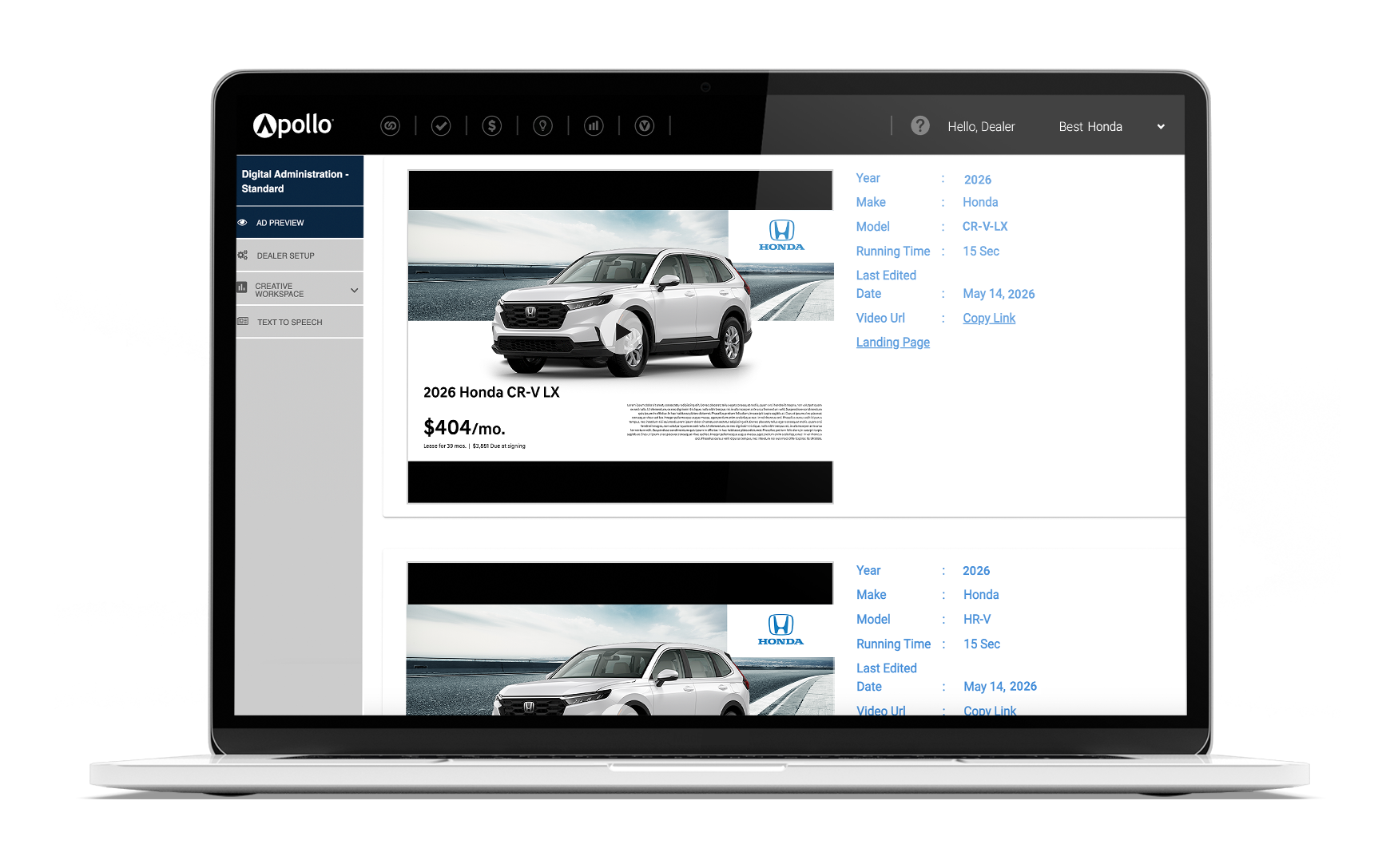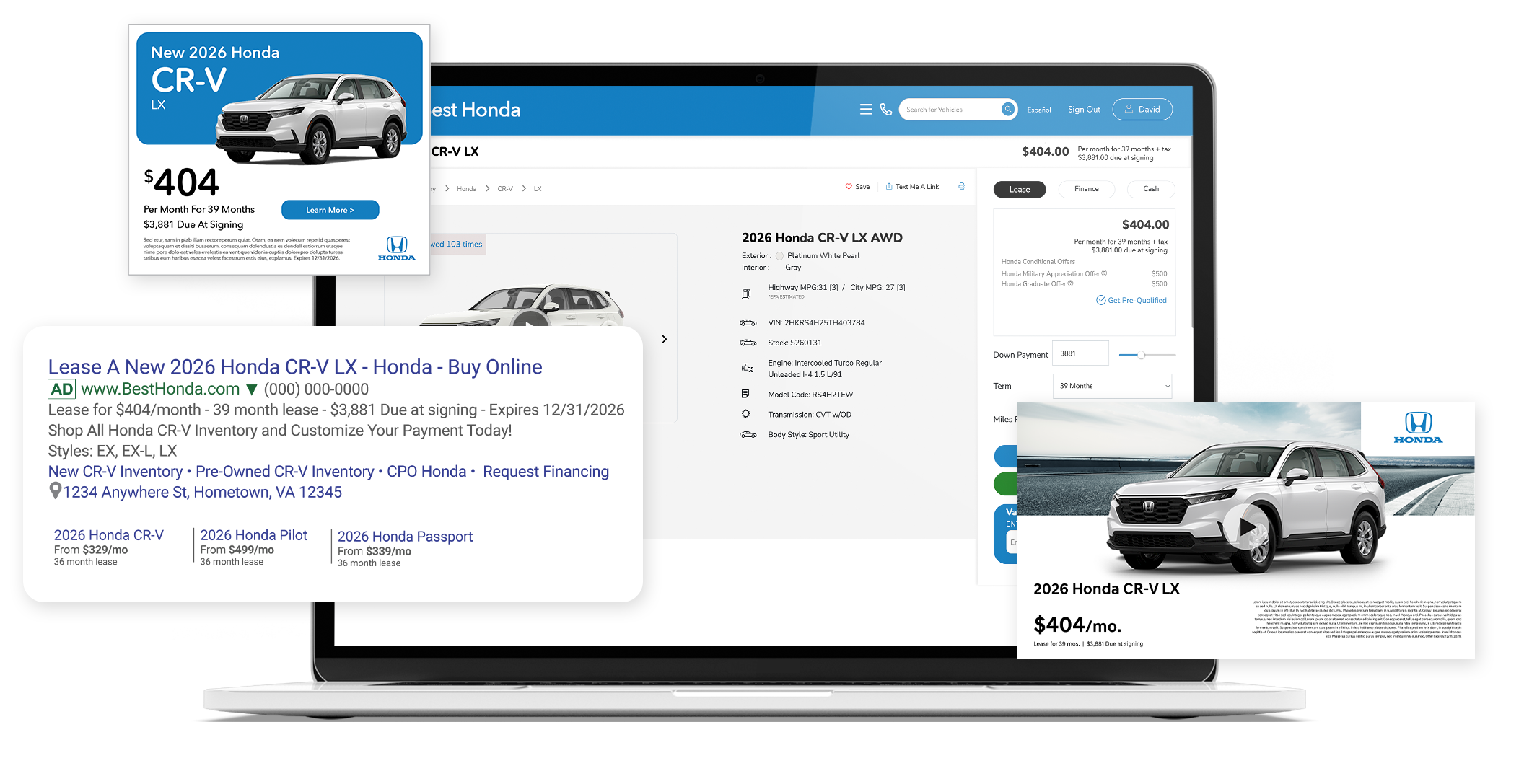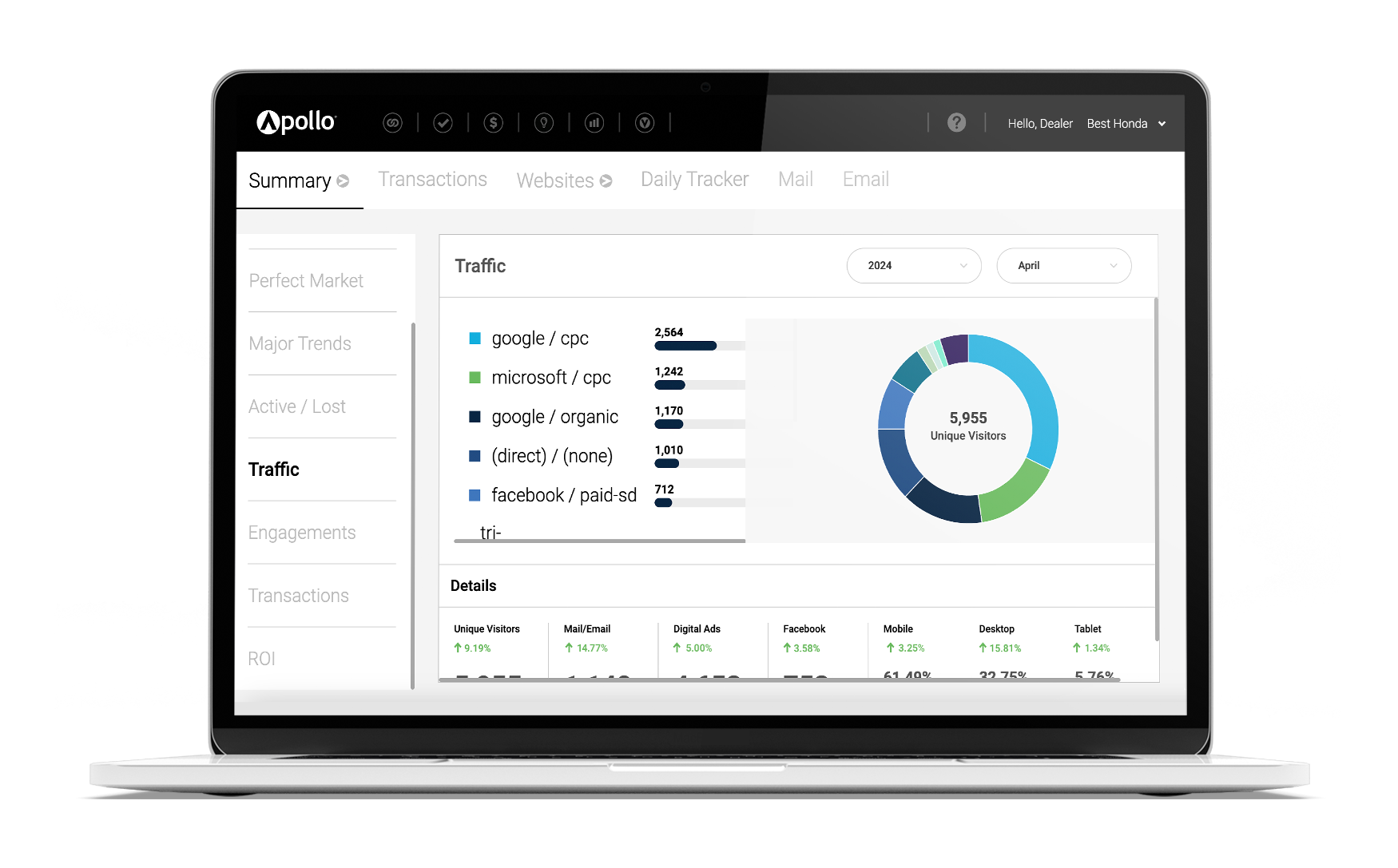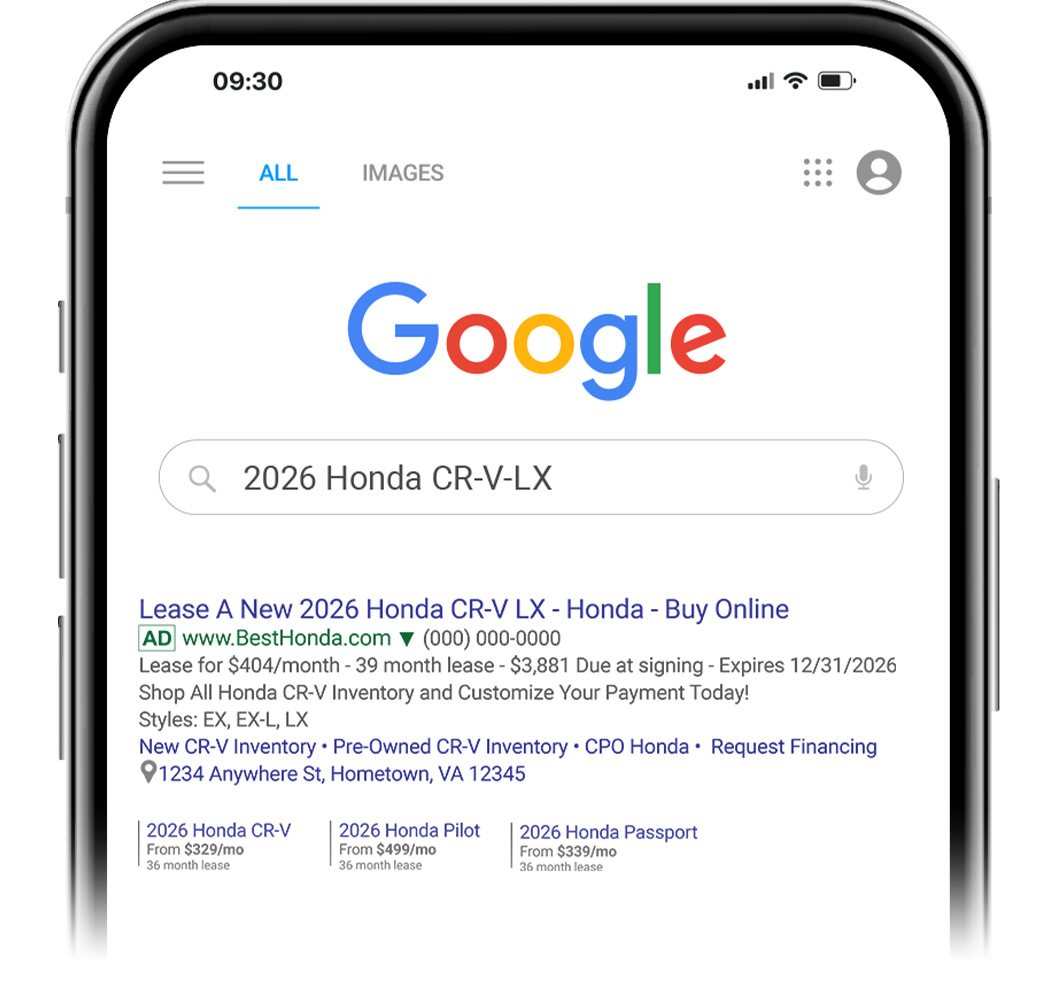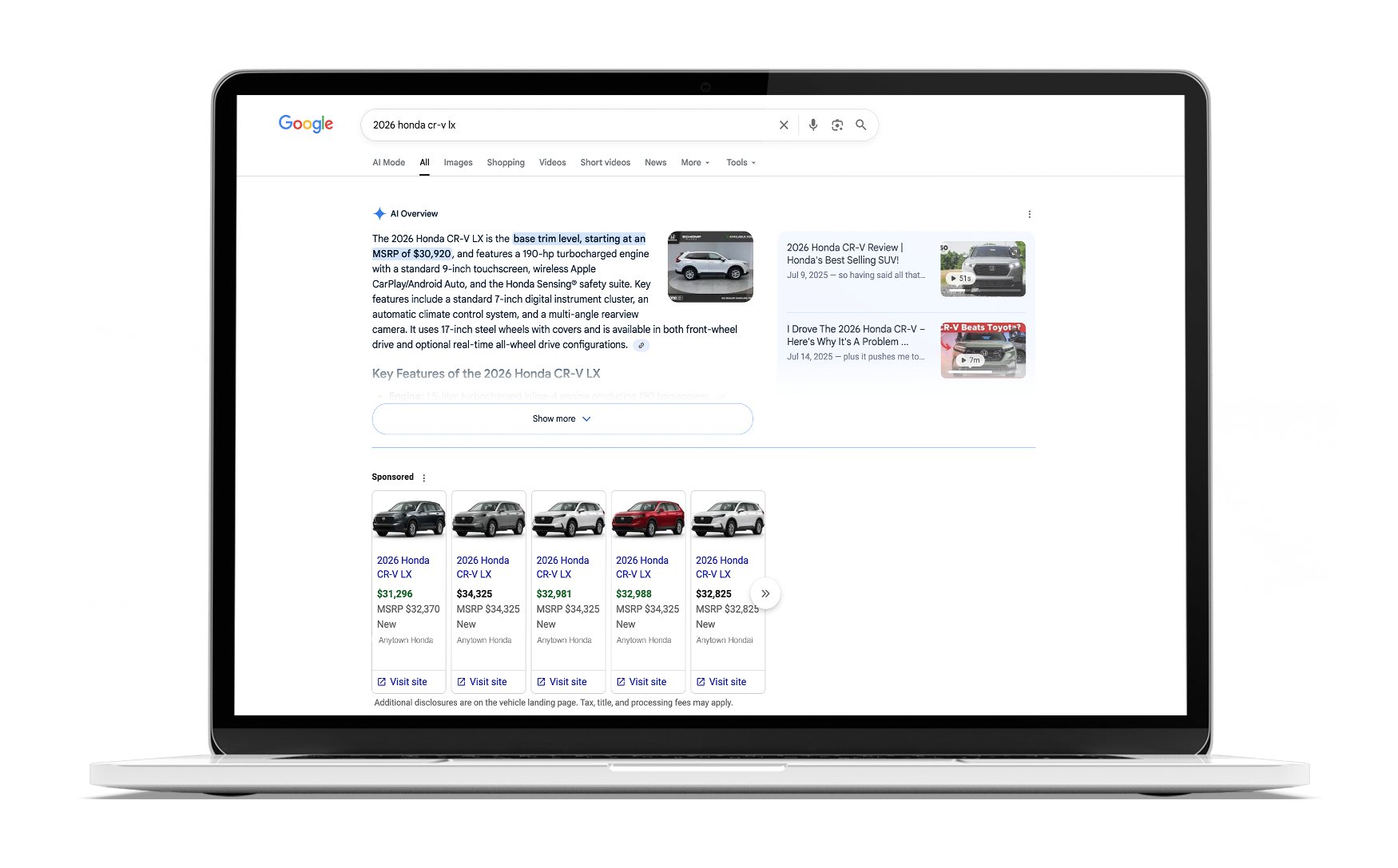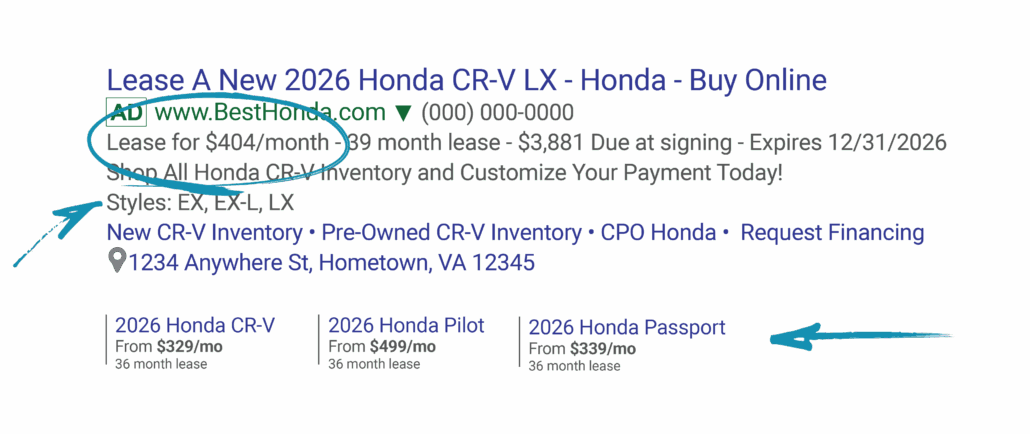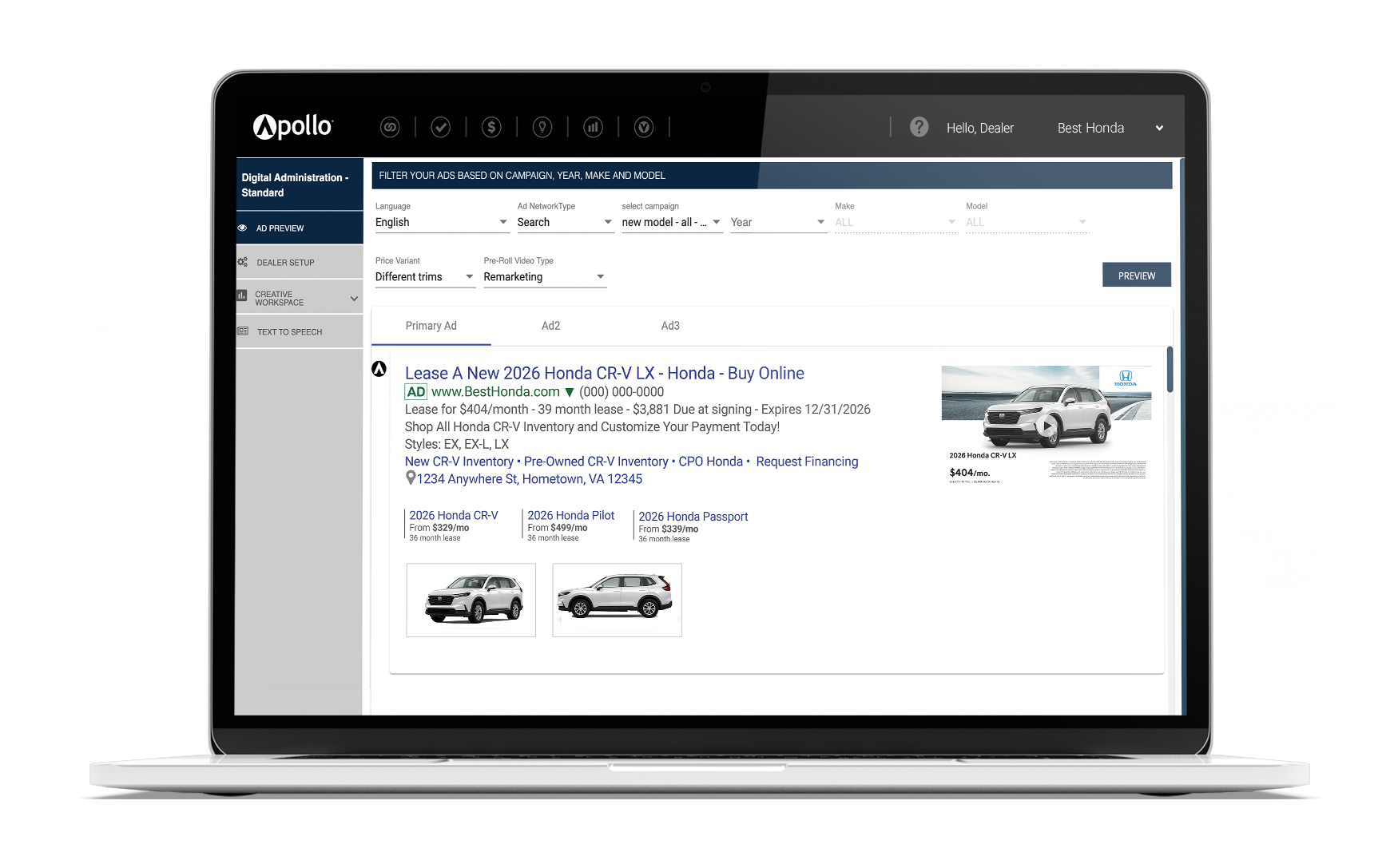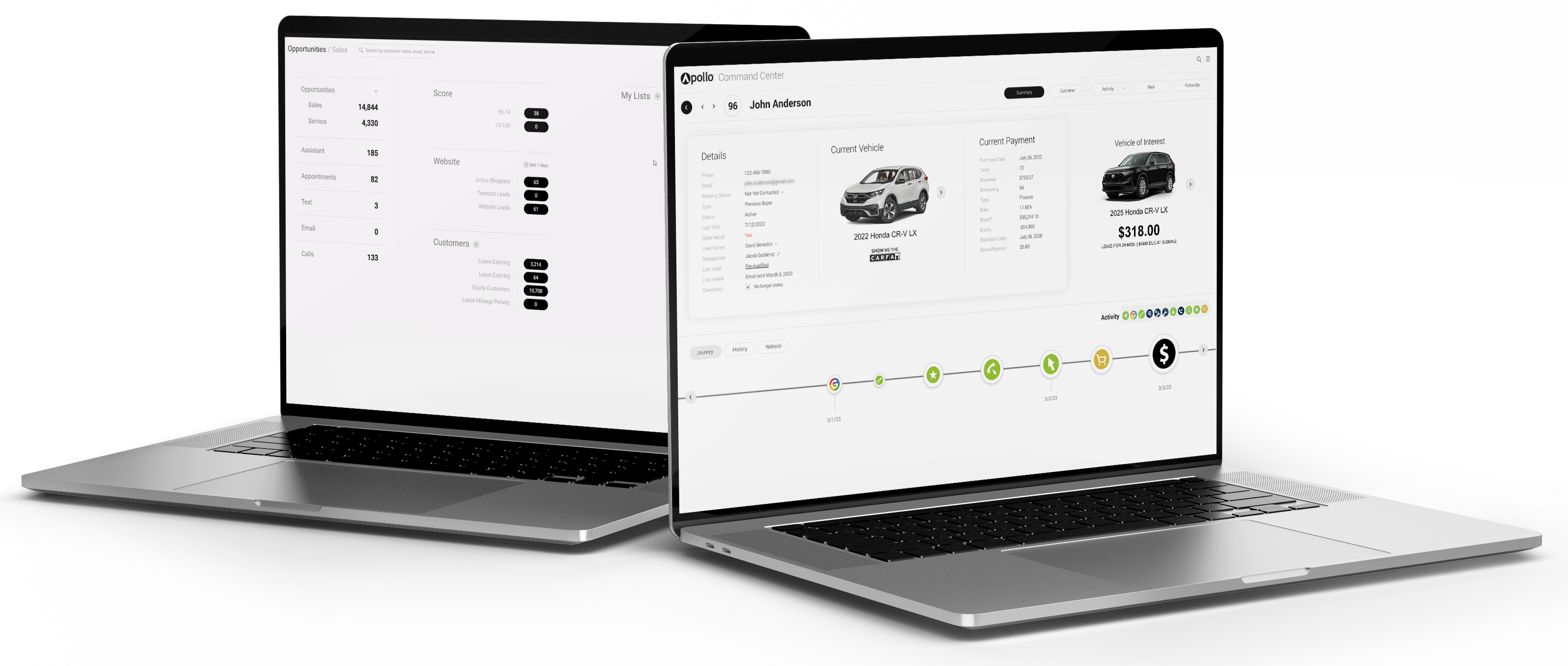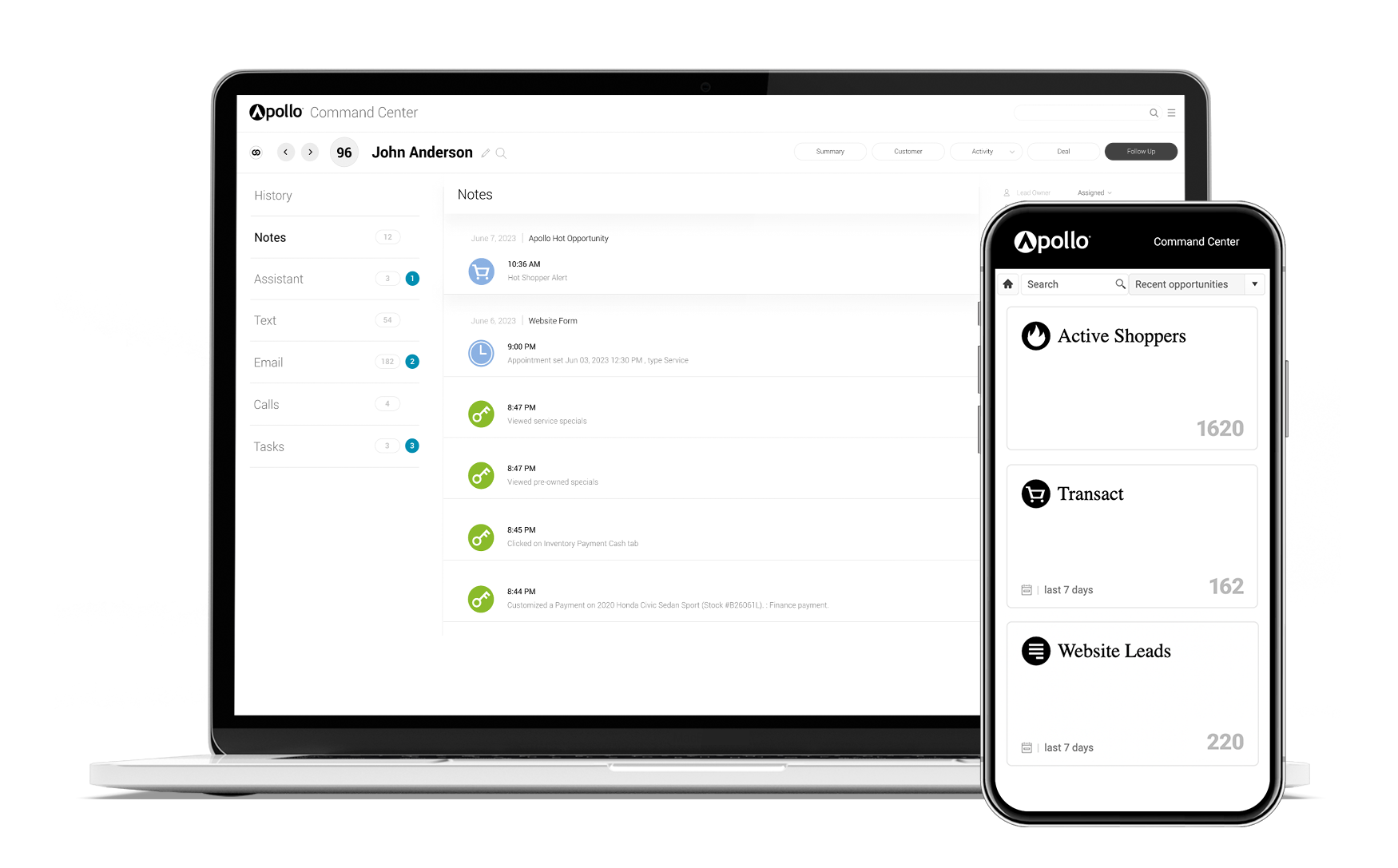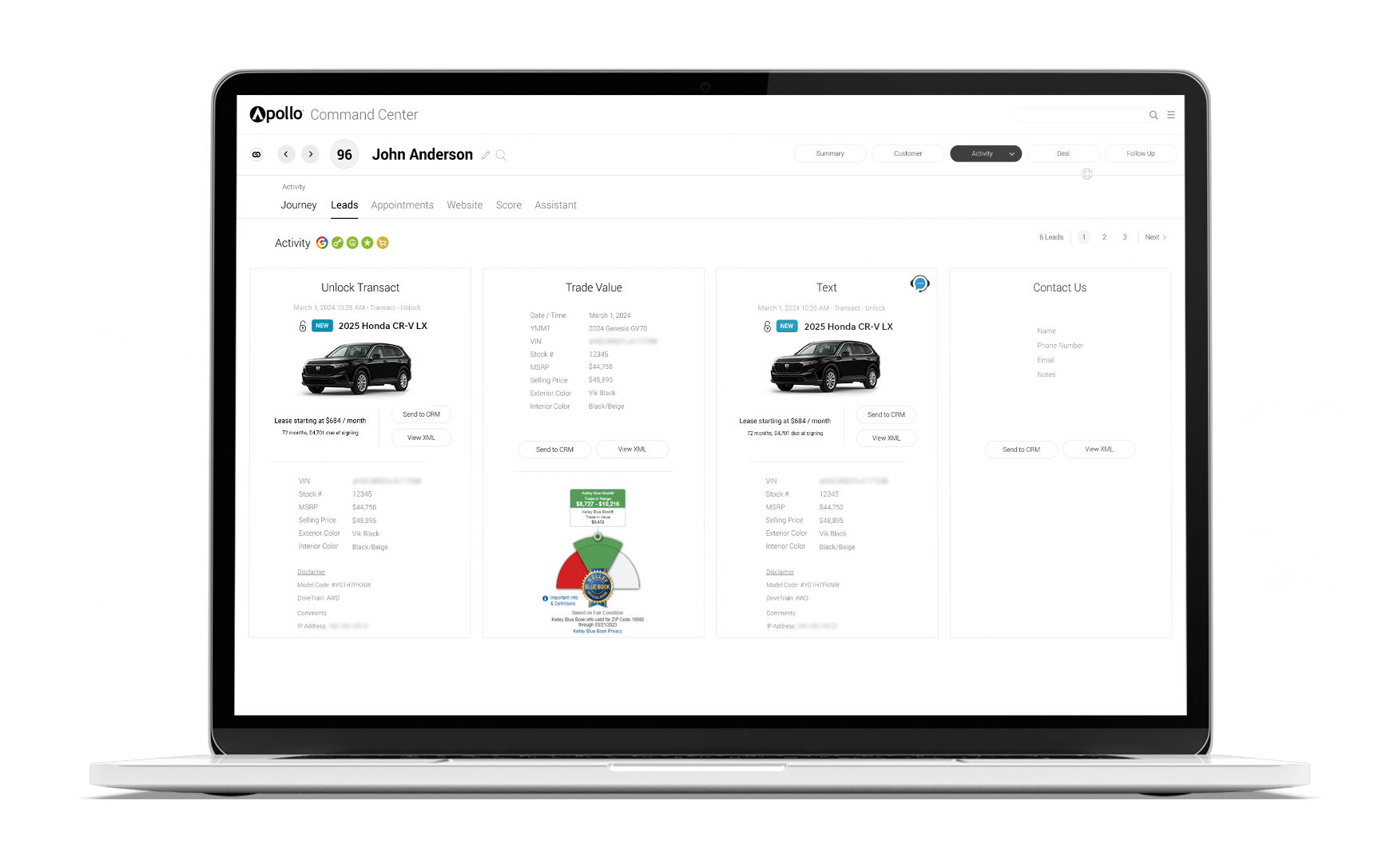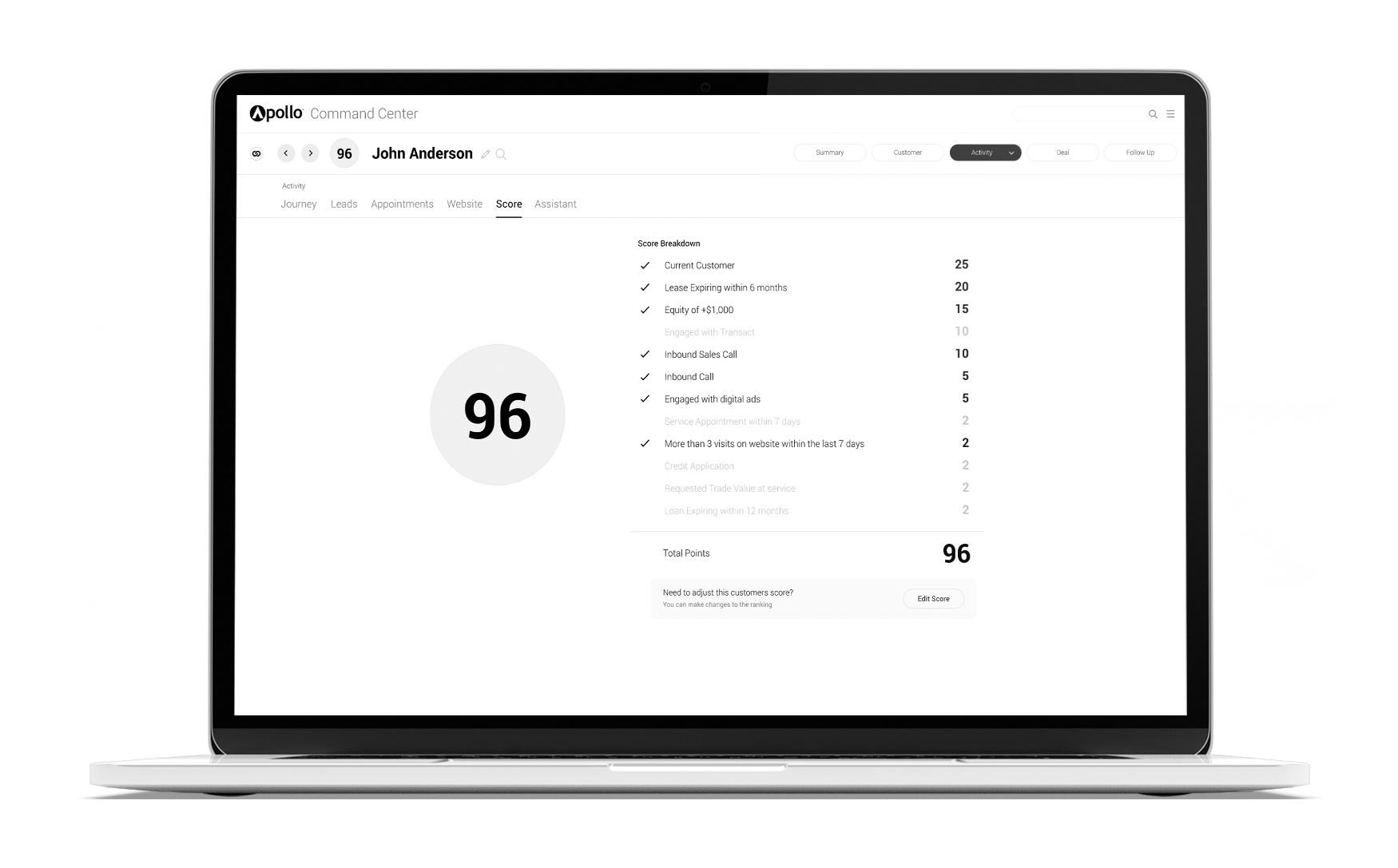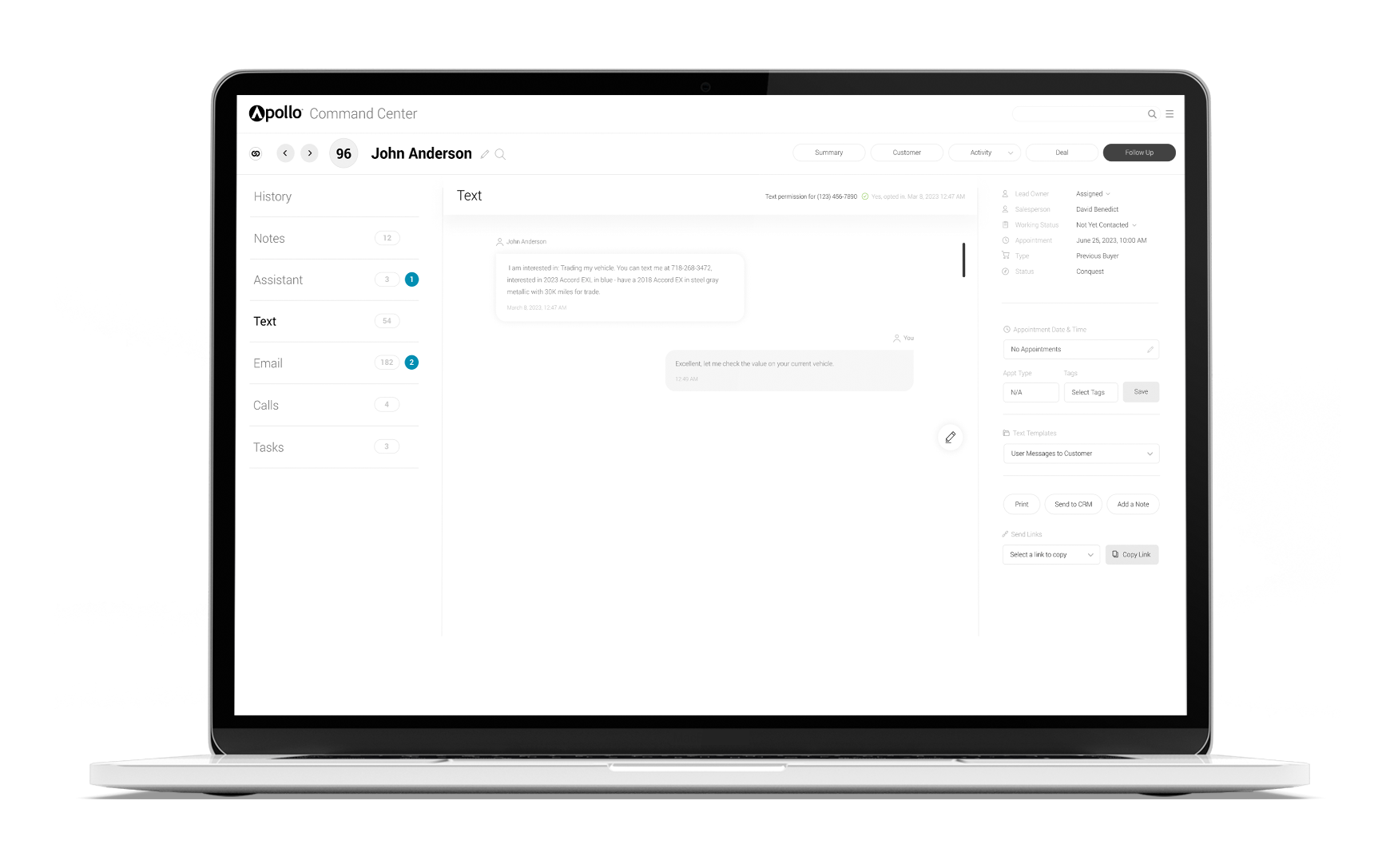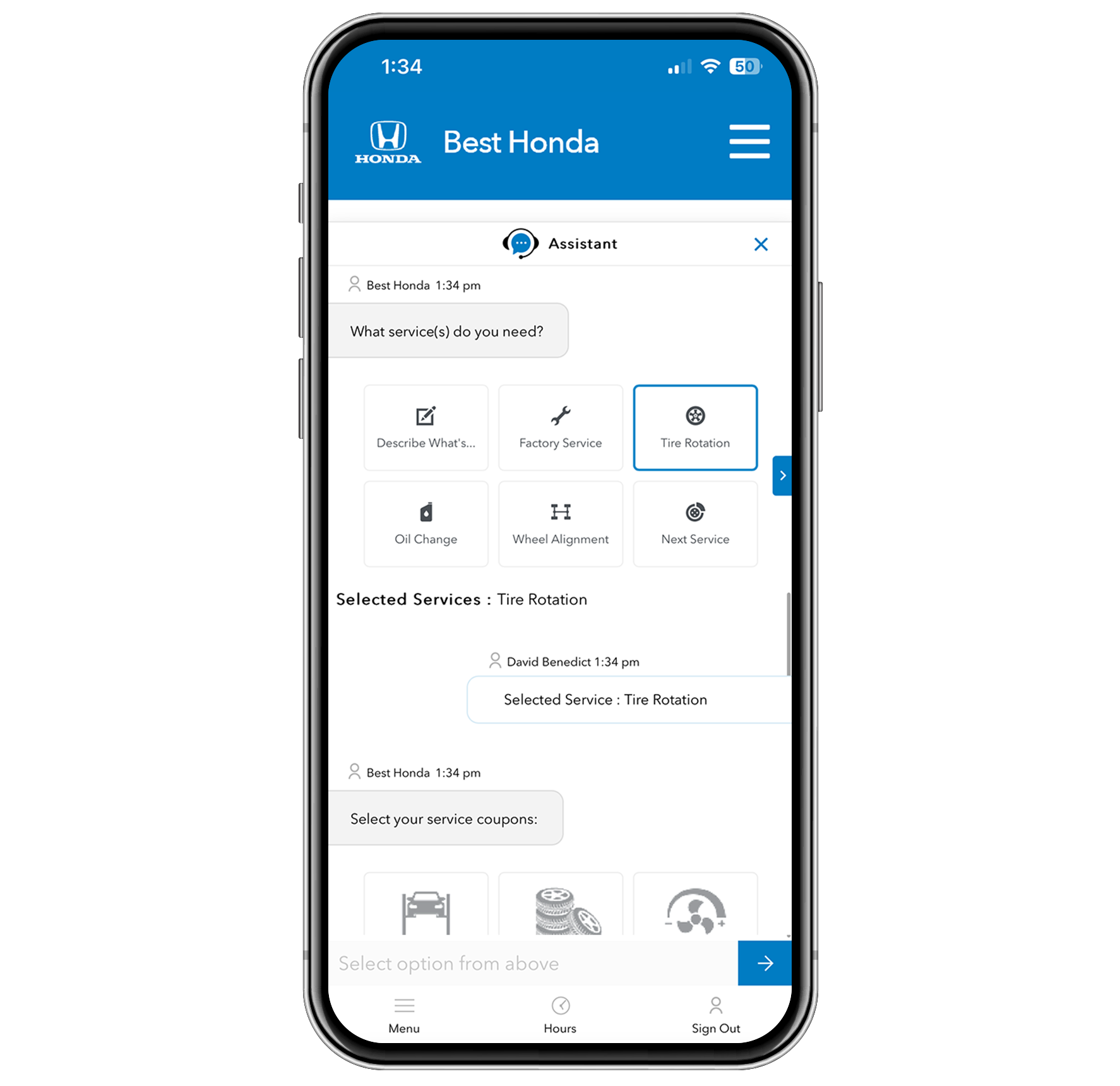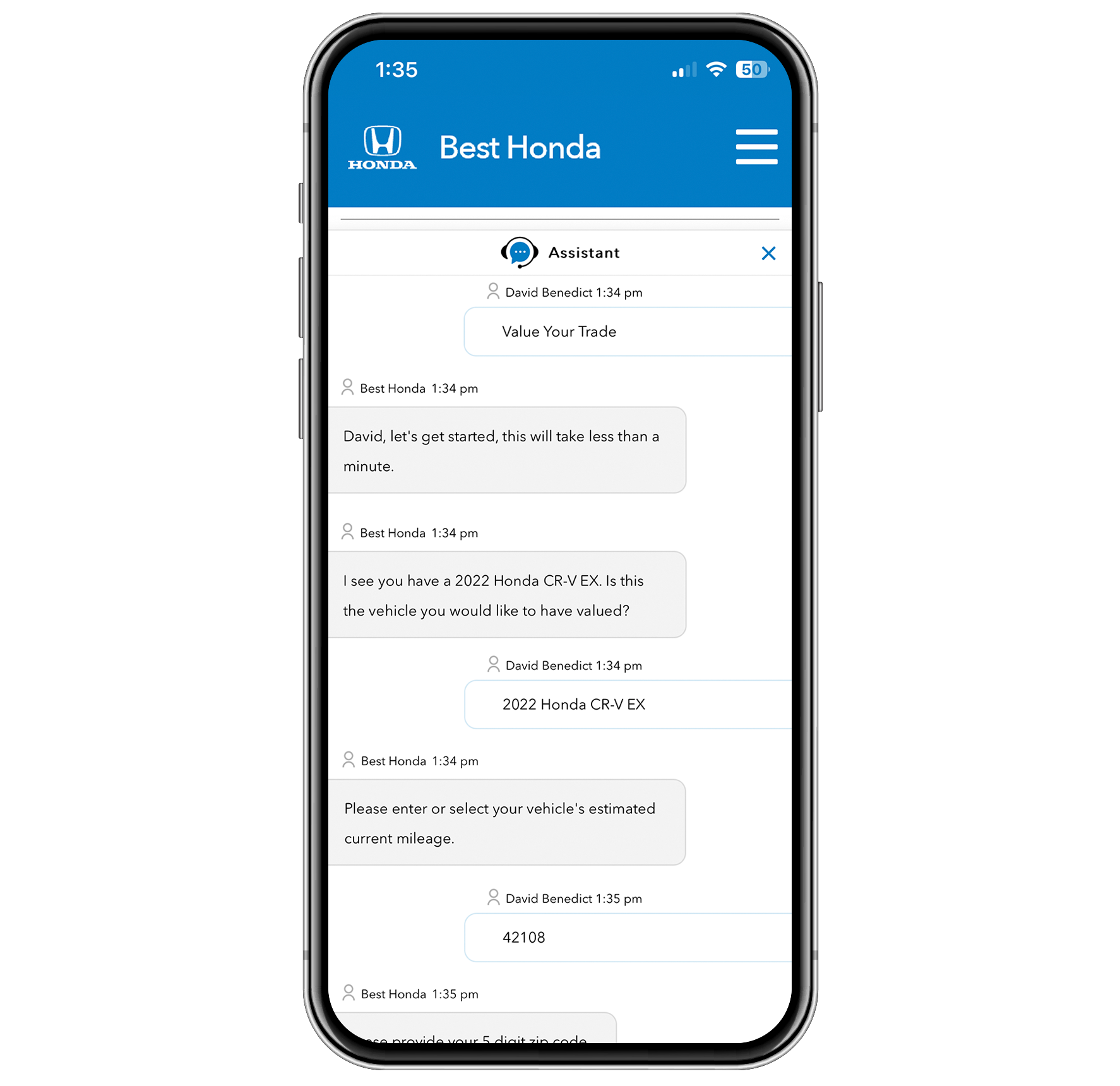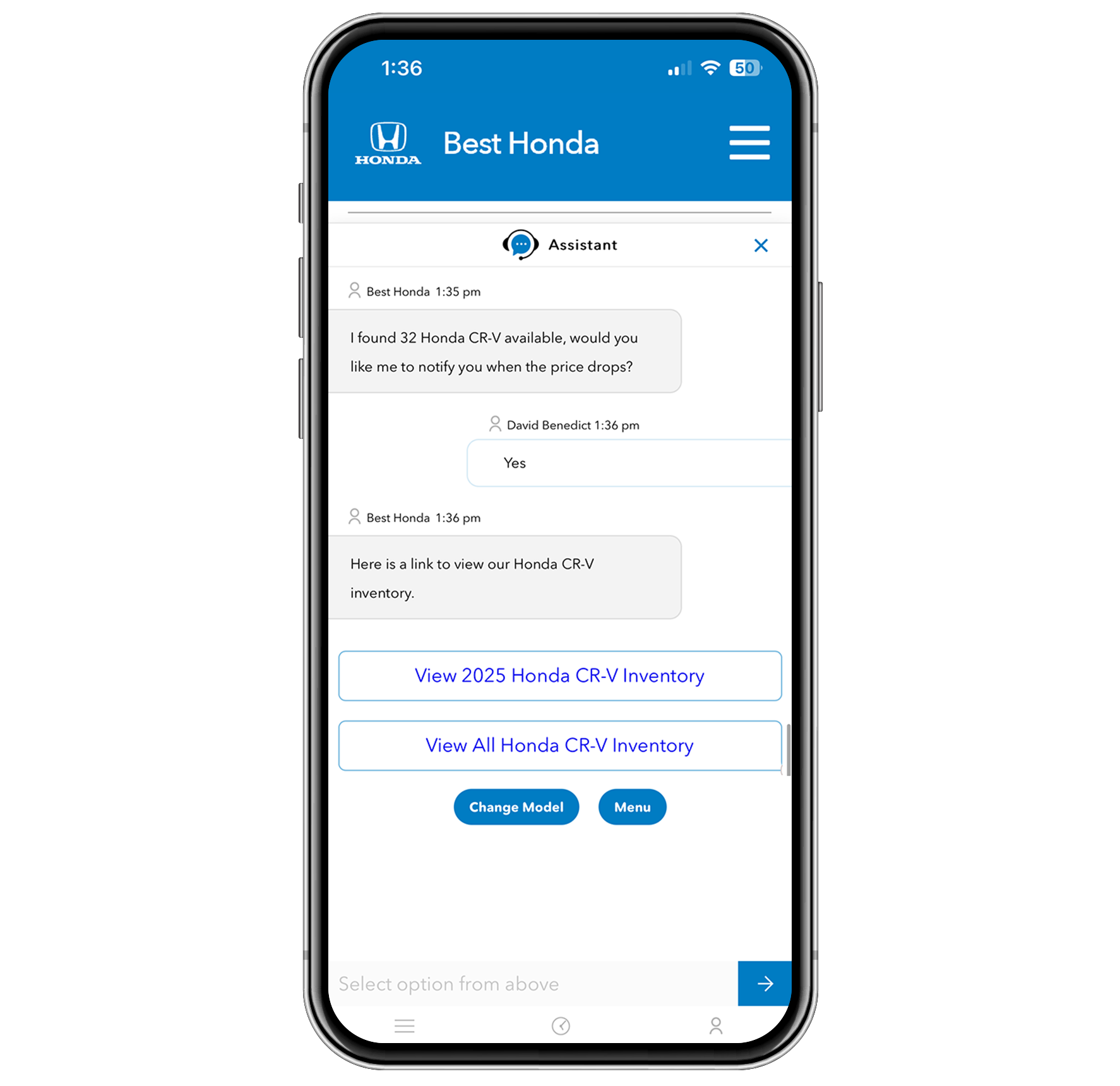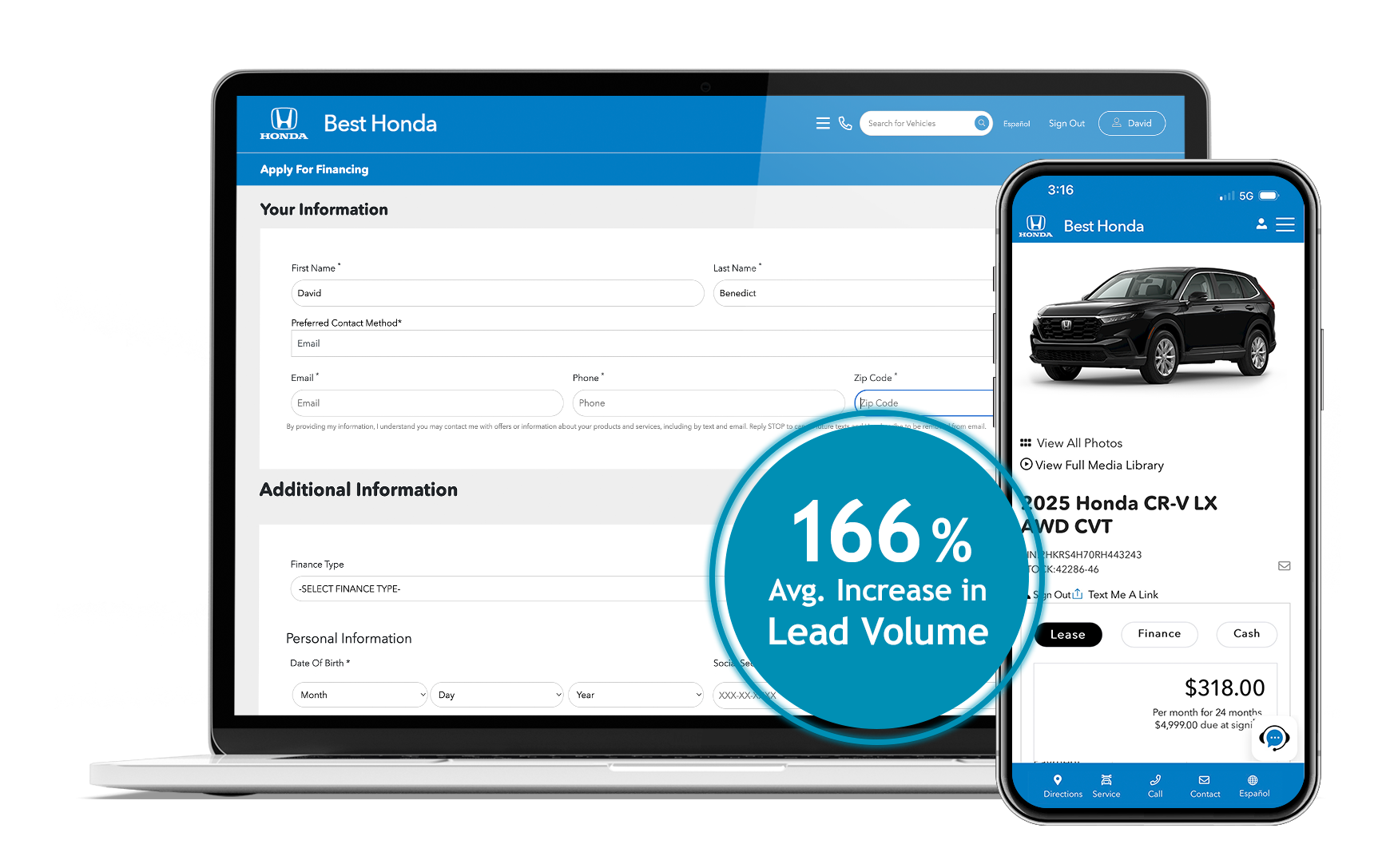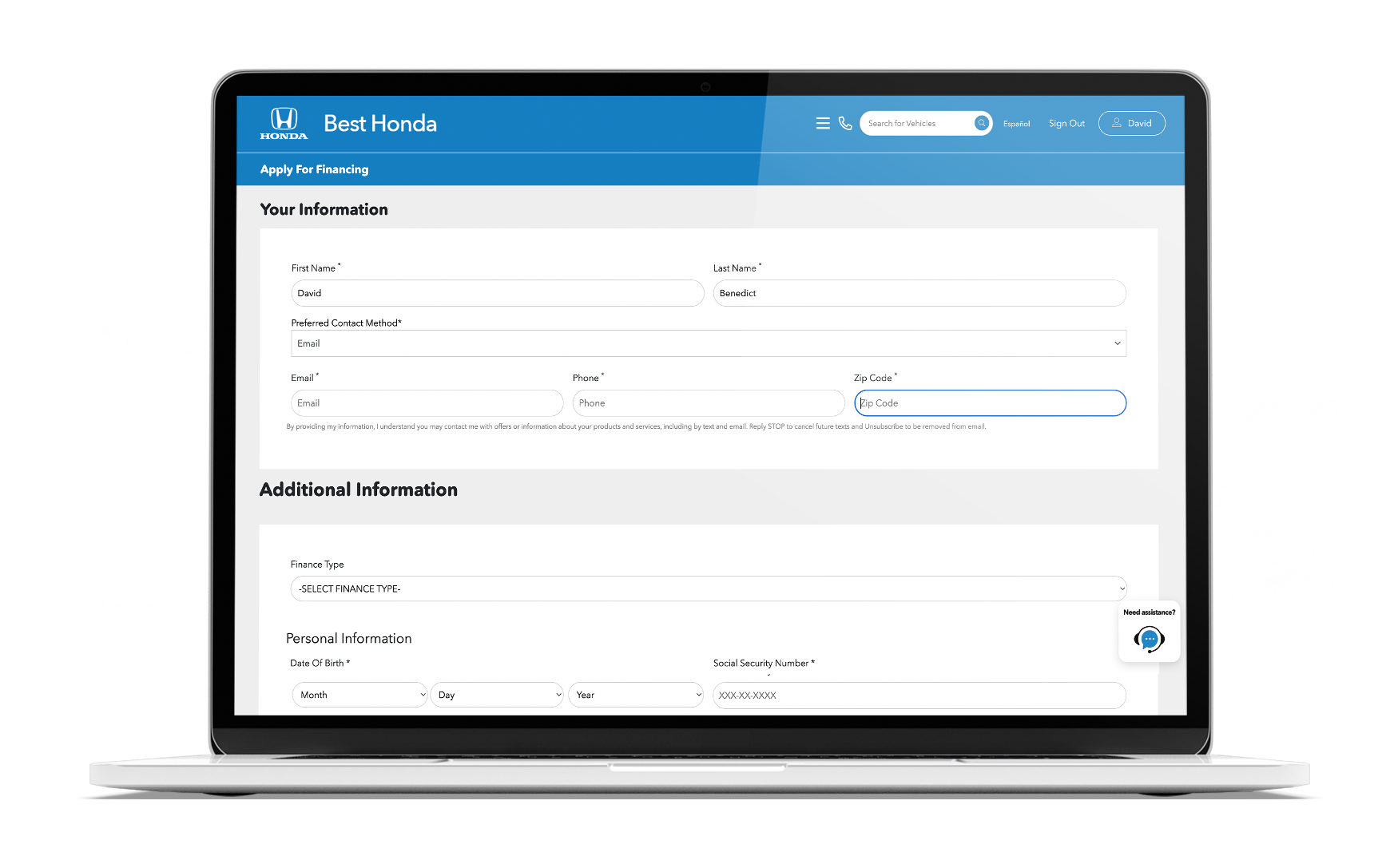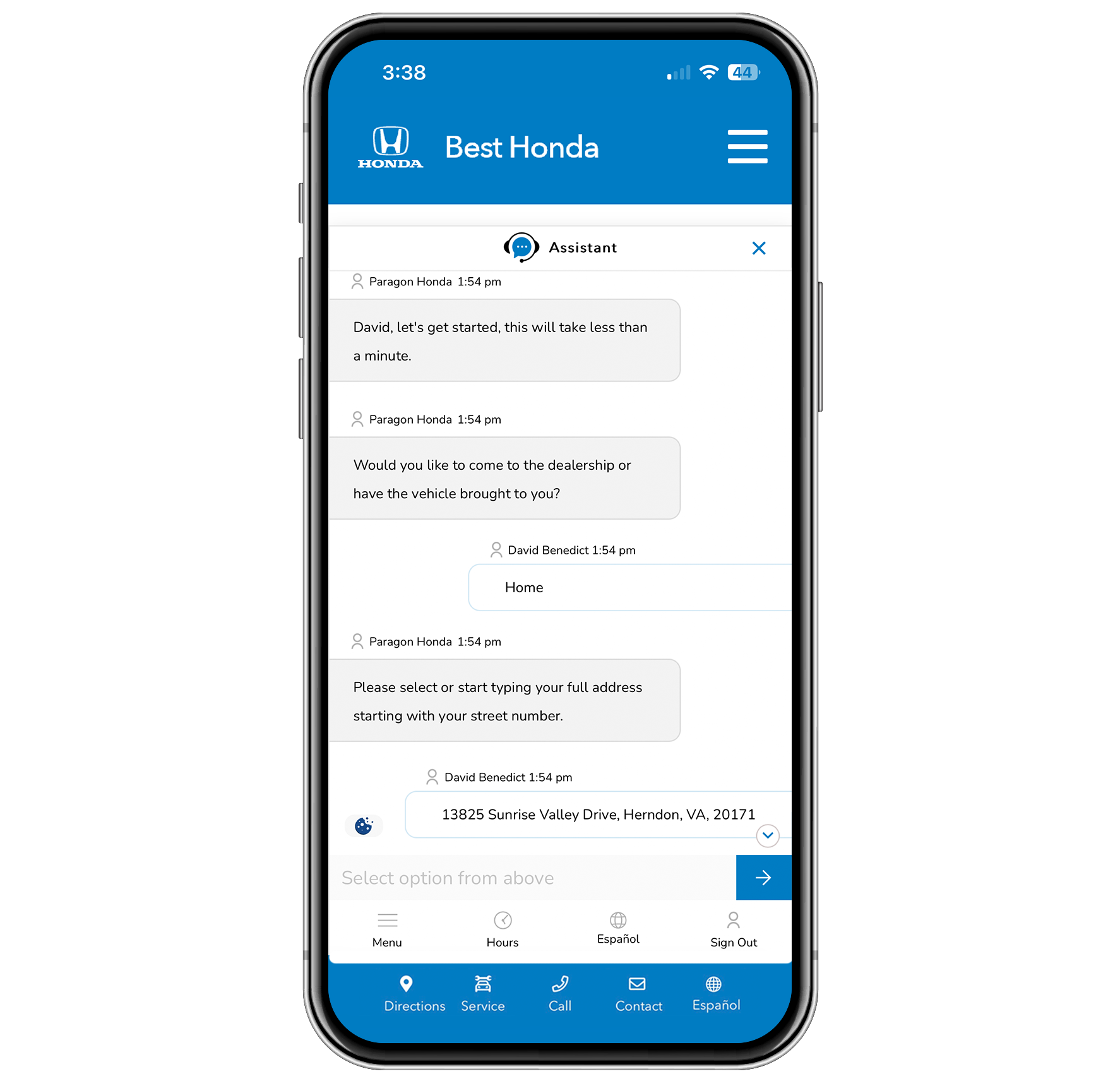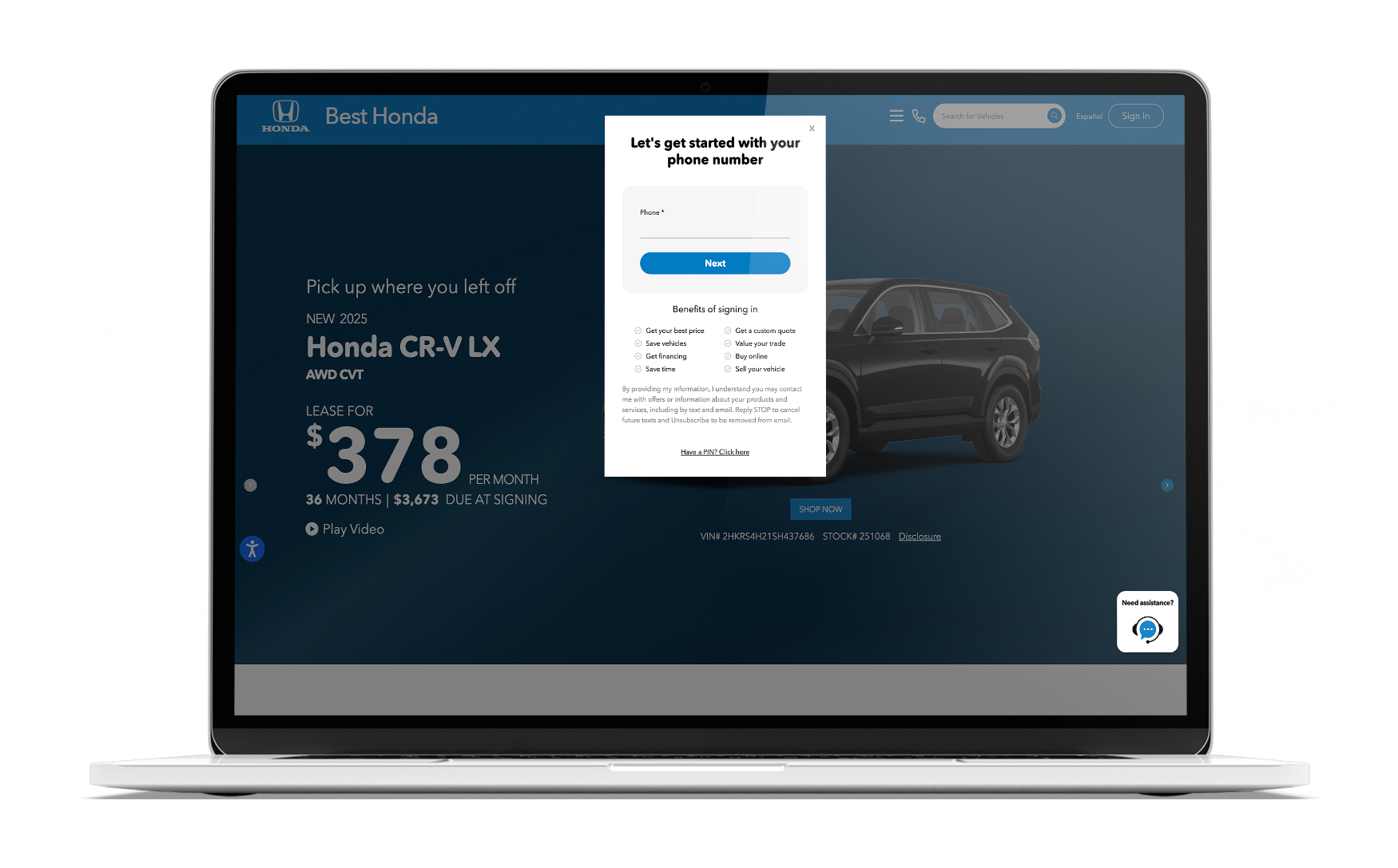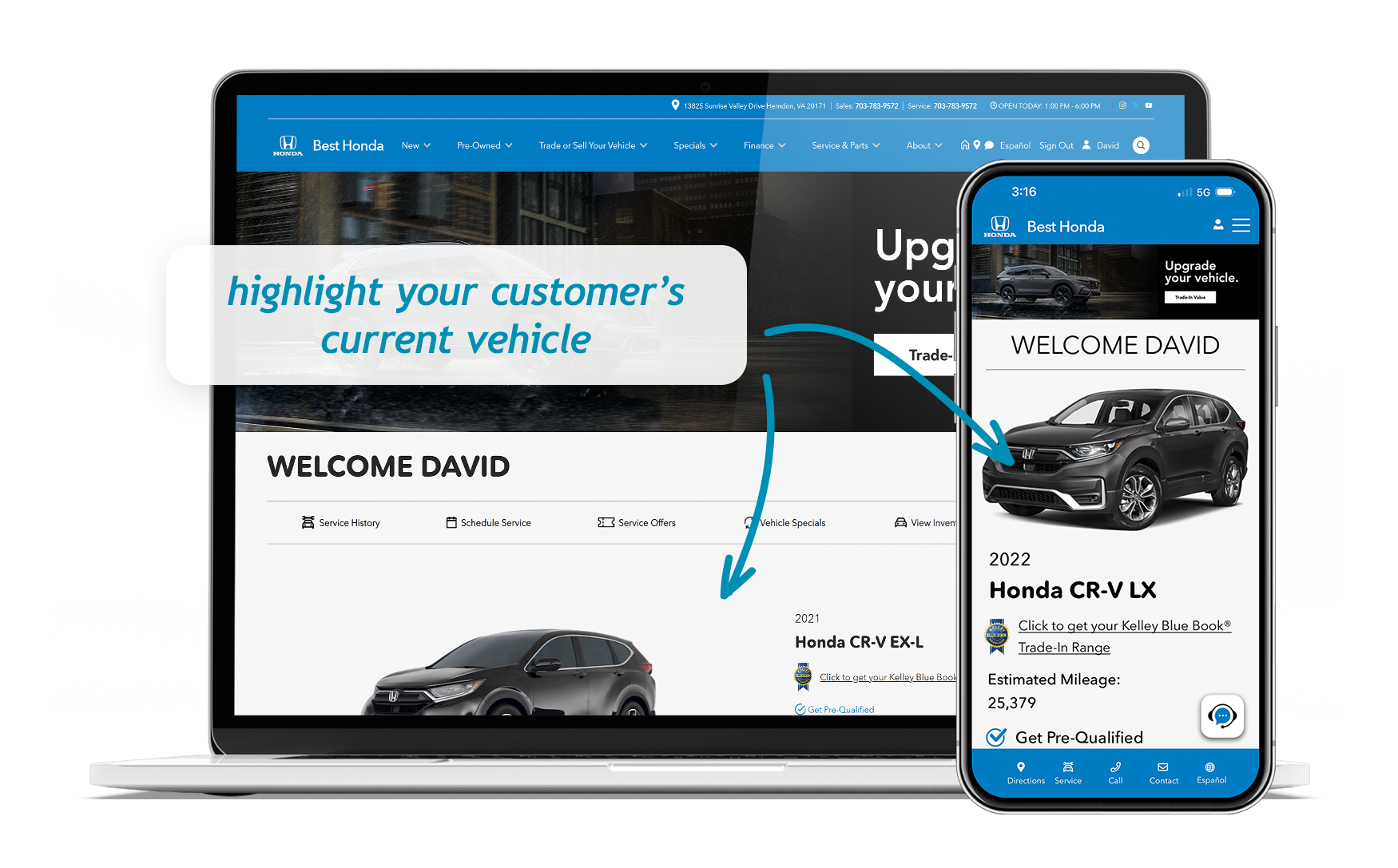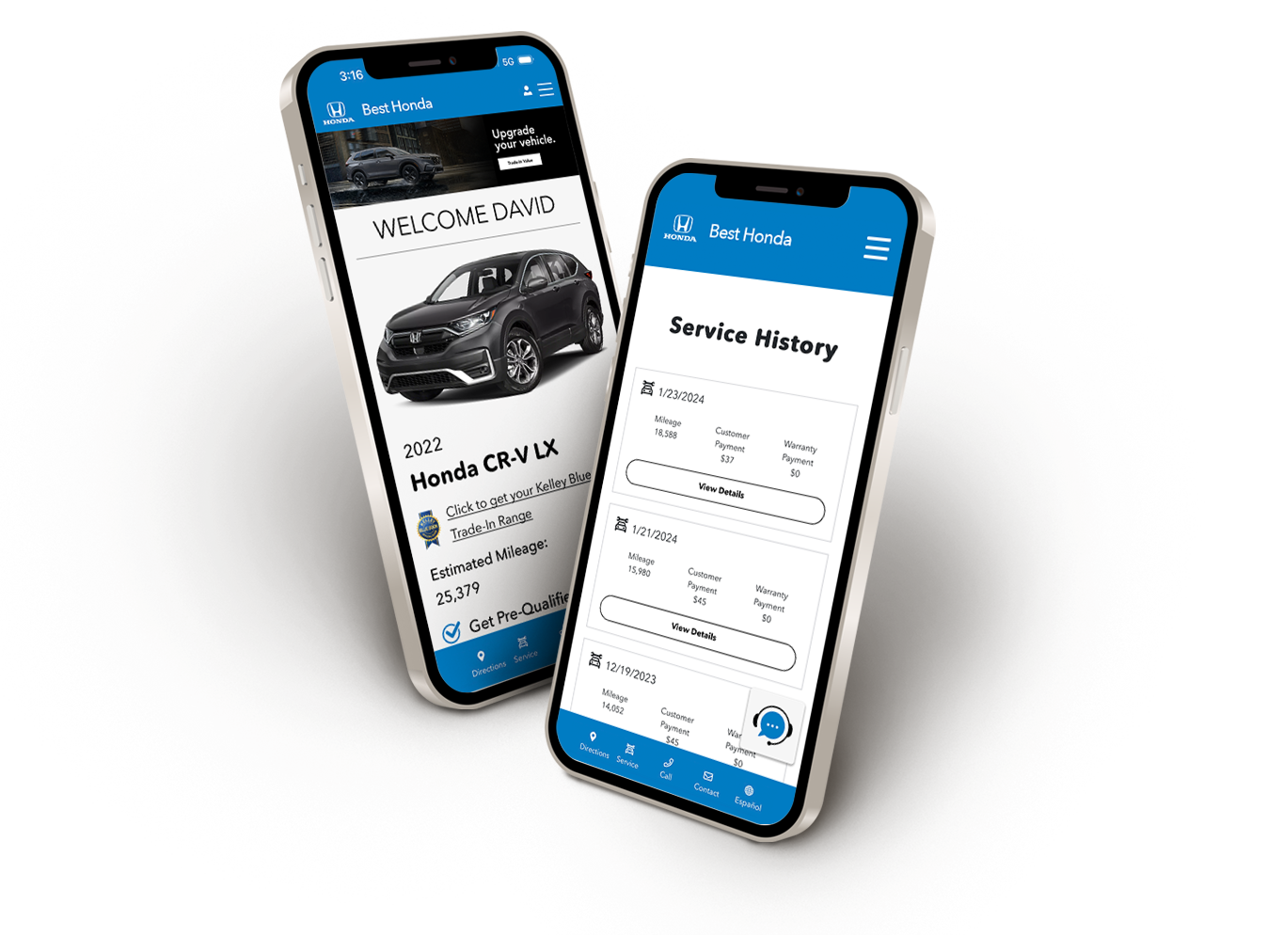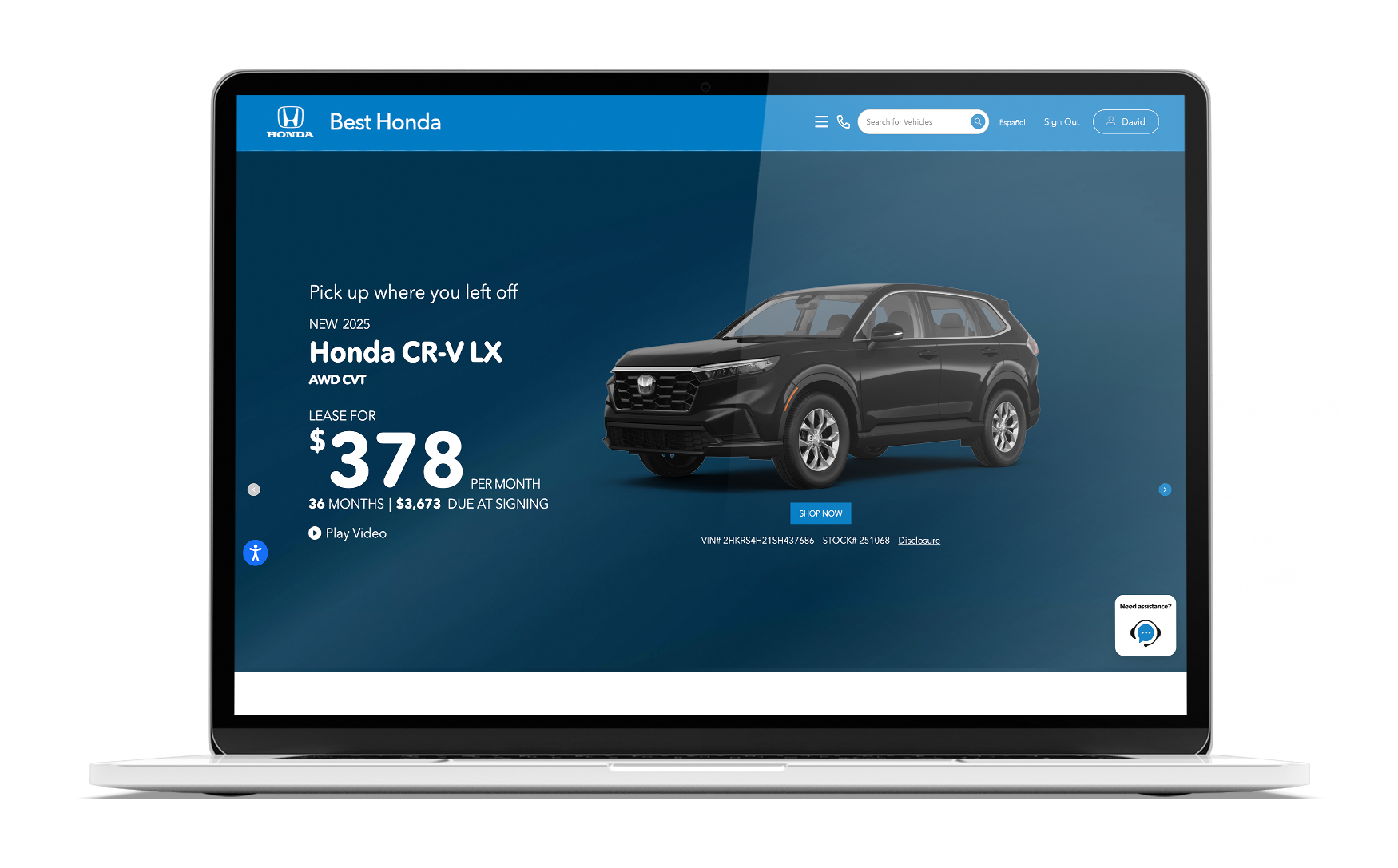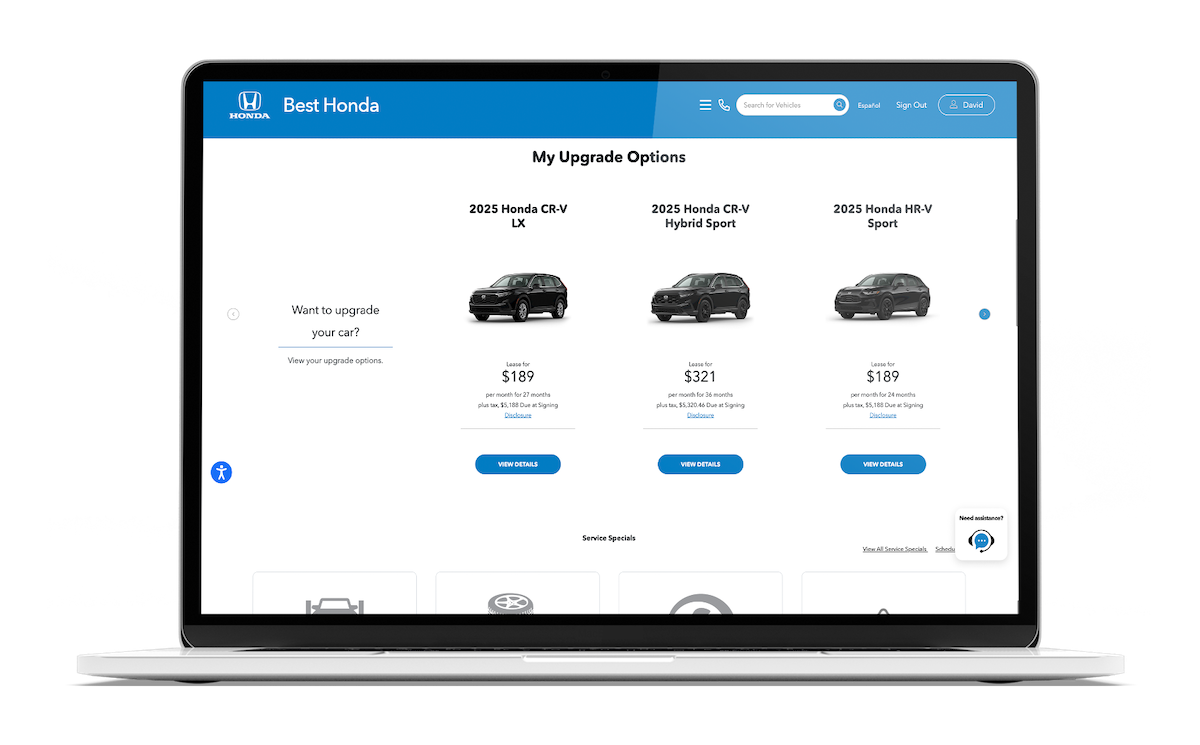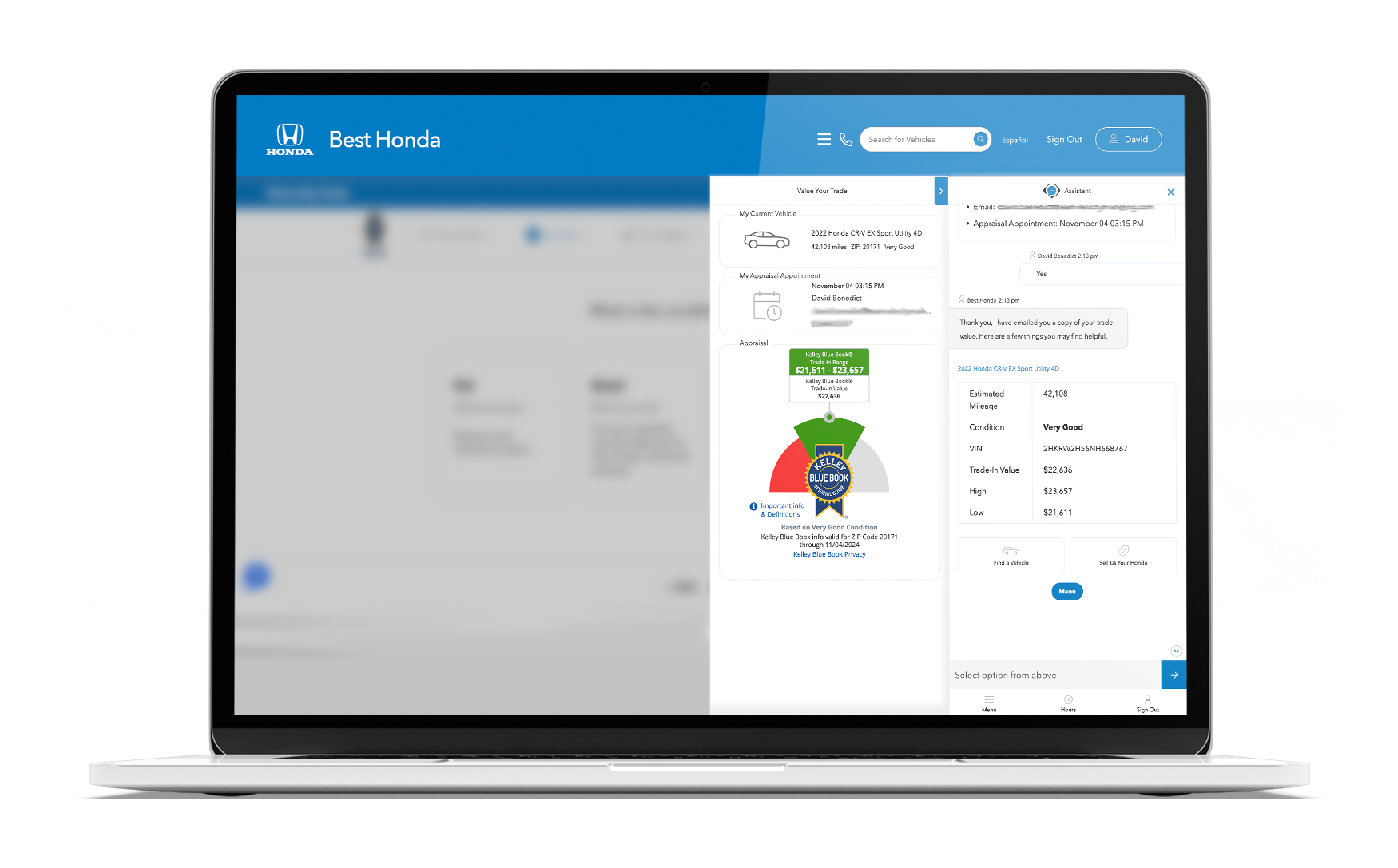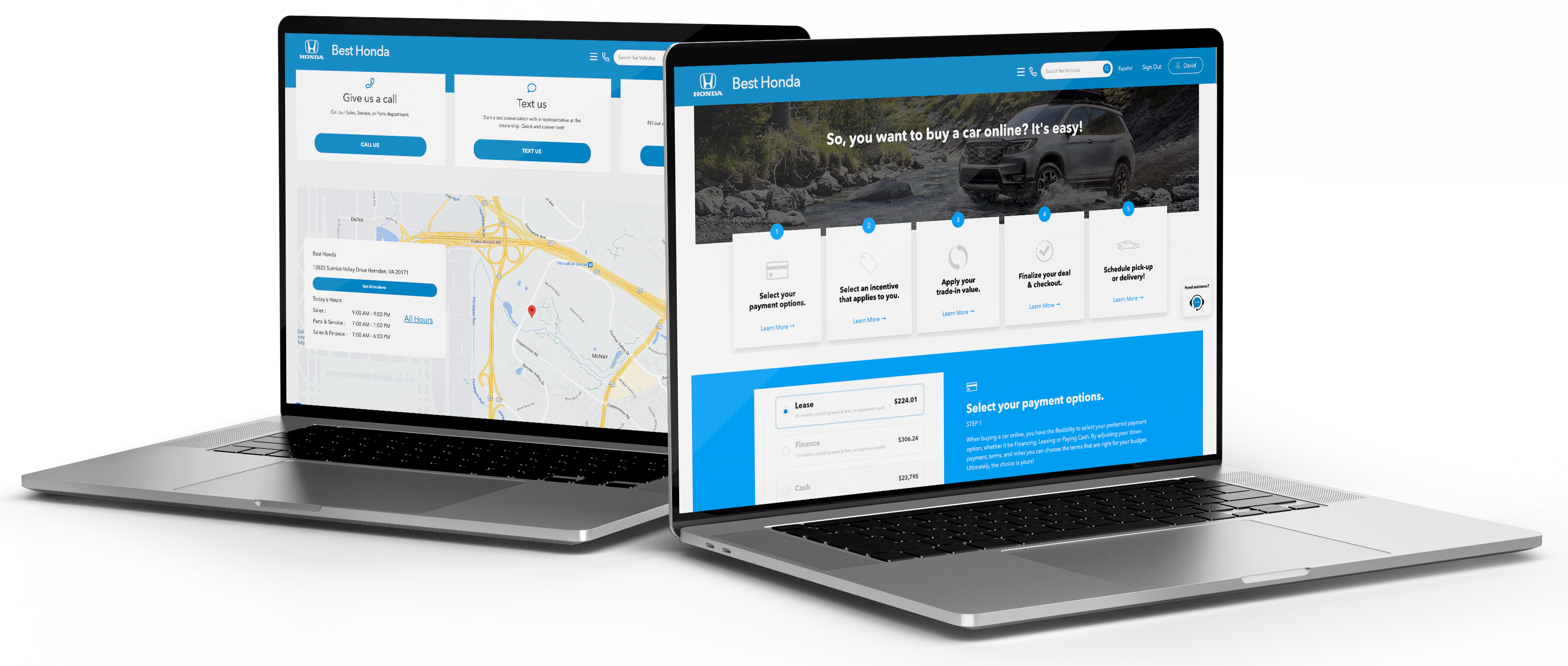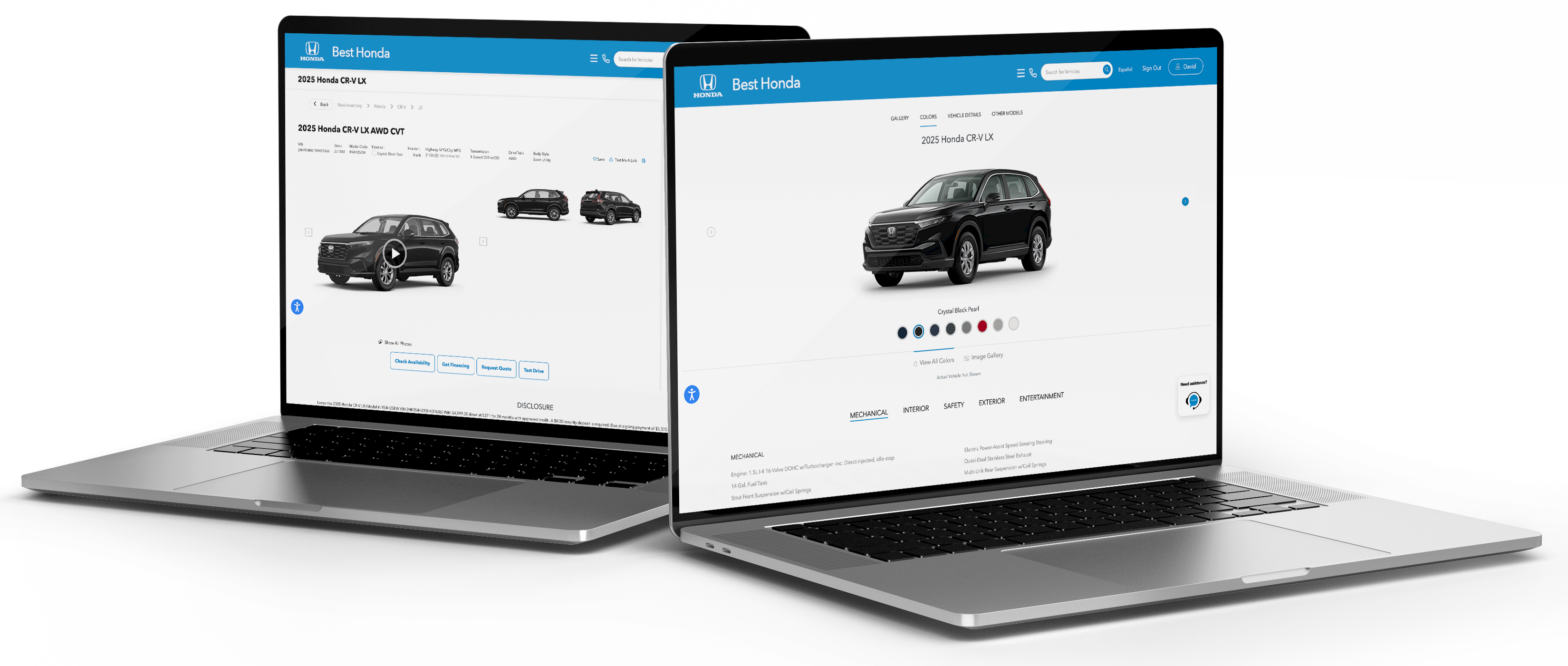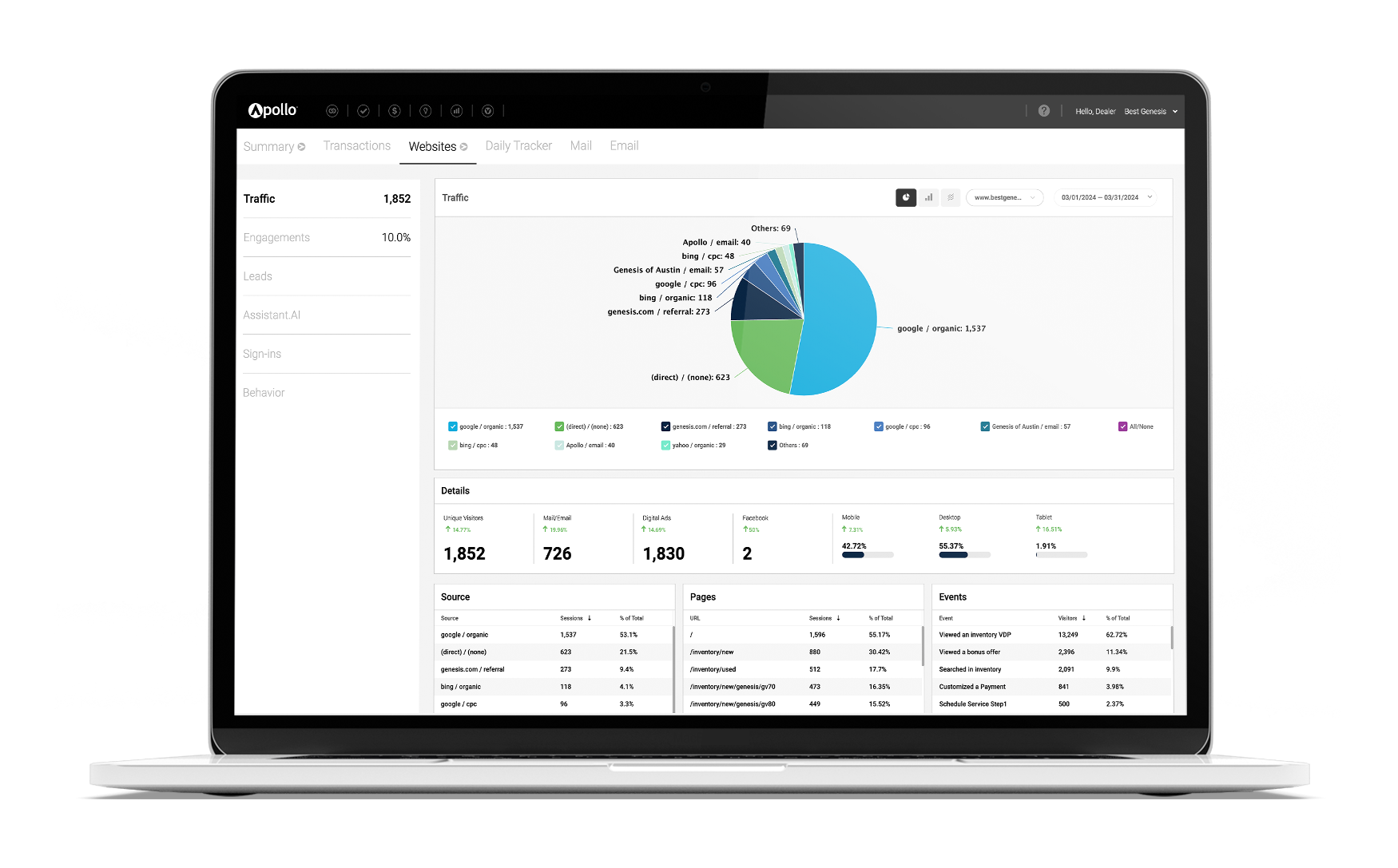Team Velocity Marks 20 Years of Innovation and Seamless Automotive Retail Experiences
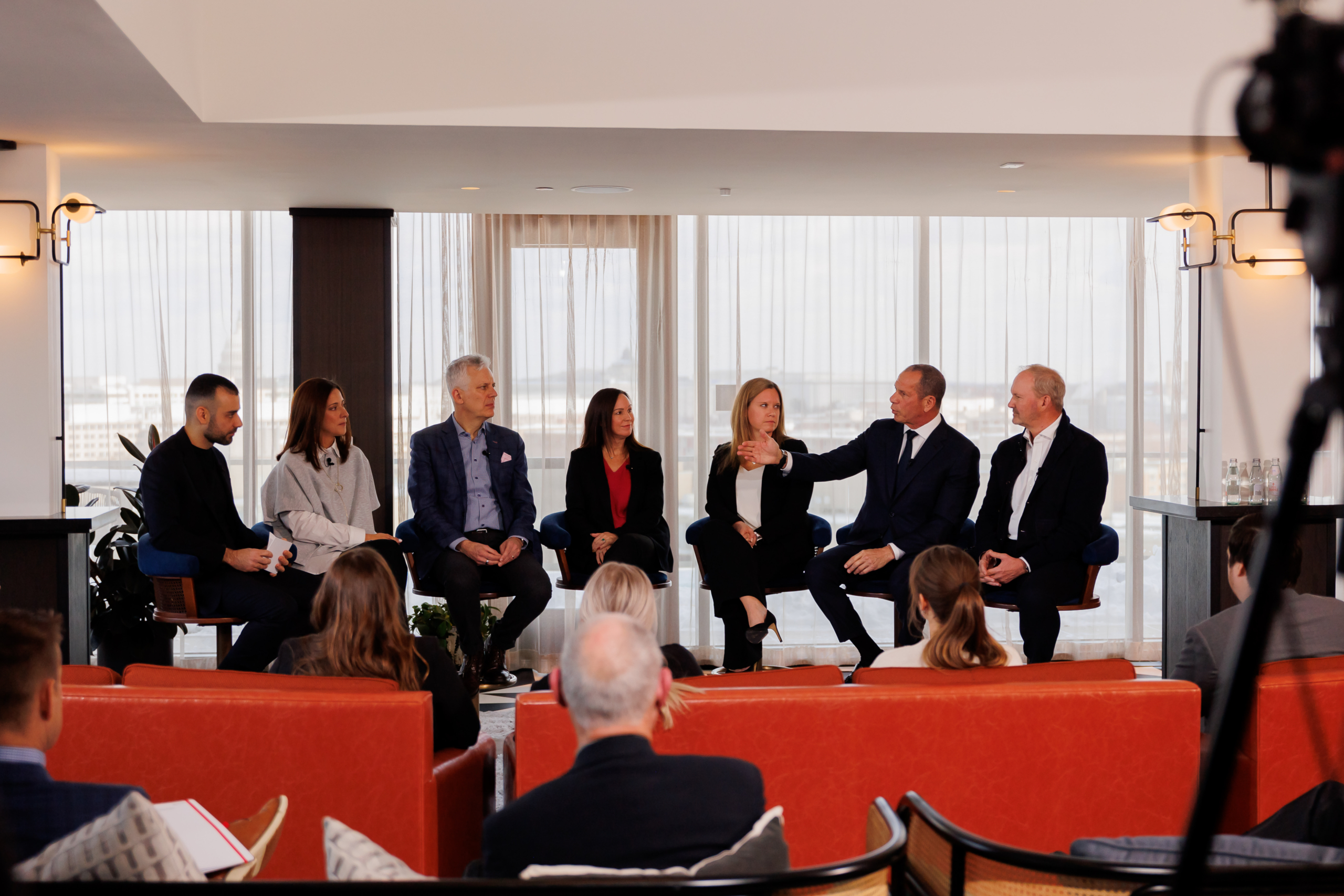
Two decades after mailing its first postcard, Team Velocity has become one of auto retail’s significant technology players. For the past 20 years, Team Velocity has been addressing one of the industry’s ongoing challenges: outdated and disconnected customer experiences. Today, the company commands a team of over 400 employees, serving as a key tech leader to thousands of dealerships nationwide and playing a significant role in the industry’s ongoing push toward data-driven retailing.
From Direct Mail to Digital Powerhouse
Team Velocity opened in 2005 with a small team and direct‐mail marketing as their single service. Founders David Boice and Budd Blackburn spent the mid‑2000s helping stores send “birthday‑card” style mailers that encouraged owners to return for service. The idea grew, then transitioned to the digital realm, as smartphones and streaming ads shifted consumer behavior.
In 2012, Team Velocity introduced Apollo®, a Customer Experience Platform (CXP) that integrated websites, advertising, equity mining, and service communications into a single platform. Apollo doesn’t just provide tools—it offers dealers a complete, intelligent system that evolves alongside their needs.
Early adopters included flagship partners such as Paragon Honda in Queens, which used the platform to become one of Honda’s leading volume stores. There was also Coral Springs Auto Mall in Florida, which consolidated more than a dozen point solutions into Apollo. Their success helped propel Team Velocity onto the Inc. 5000 six times over the past decade.
Reinventing Dealer Success Through Integration
Team Velocity’s unified platform approach reduced vendor complexity and provided dealers with more efficient tools. Apollo’s newest module, AI-powered Vehicle Detail Videos (VDVs), illustrates the company’s integration philosophy. VDVs automatically convert static vehicle pages into dynamic clips that embed real‑time pricing, incentives, and voice-over branding.
At its product launch in May 2025, the company reported that 33% of shoppers who view a vehicle video end up purchasing that car. This suggests a notable sales lift for dealers without requiring additional staffing.
Because VDVs sit directly inside Apollo Sites, an integrated digital platform for the complete automotive lifecycle, their data flows into the same Command Center dashboard that tracks omnichannel advertising, service retention, and equity mining. Boice calls this “a store without walls”—one login, one dataset, and one vendor contract, instead of the fragmented approach common with dealership tech stacks.
That consolidation has gained traction with original equipment manufacturers (OEMs). Since 2023, Apollo Sites has been certified by Toyota, FordDirect, Stellantis, Volvo, Genesis, Nissan, and Infiniti programs, allowing thousands of franchise dealers access to the platform from the start.

Celebrating Growth with Industry Titans
Team Velocity solidified its role as an automotive retail thought leader at its inaugural Automotive Leadership Roundtable in Washington, D.C., on January 9, 2025. Livestream host Yossi J. Levi (“The Car Dealership Guy”) guided a candid discussion with executives from FordDirect, Toyota, Sames Auto Group, Morgan Auto Group, and Paragon Honda. Panelists explored three key issues already reshaping auto retail: embedding AI without marginalizing frontline sales staff, protecting customer data as privacy regulations tighten, and responding to direct-to-consumer upstarts that blur the franchise line.
The roundtable’s closing segment distilled three key takeaways for 2025. First, participants agreed that integrated tech stacks are more effective than siloed point solutions; customer data and experience platforms must connect inventory, service, and marketing flows into a unified record to maintain trust. Second, applying AI to first-party data has become essential. With buyers comparing every click to their experiences with companies like Amazon, dealerships that predict maintenance needs, tailor offers, and resolve support cases in real time will have a competitive edge. Finally, the panel warned that direct-to-consumer disruptors such as Carvana and Amazon have normalized transparency and doorstep delivery; stores that mirror those conveniences—via digital showrooms and flexible pick-up and drop-off—can convert local credibility into new-era loyalty.
A Faster Loop for the Next Twenty
From five desks to hundreds, Team Velocity has navigated two recessions, chip shortages, and pandemic‑era retail upheaval without losing sight of its mission: “solve real problems with real innovation.” The next 20 years are set to push the boundaries of what a dealership platform can do for sellers and, importantly, for car buyers.
To learn more about Team Velocity and how they are transforming dealerships, visit www.teamvelocitymarketing.com.
Source: New York Weekly




